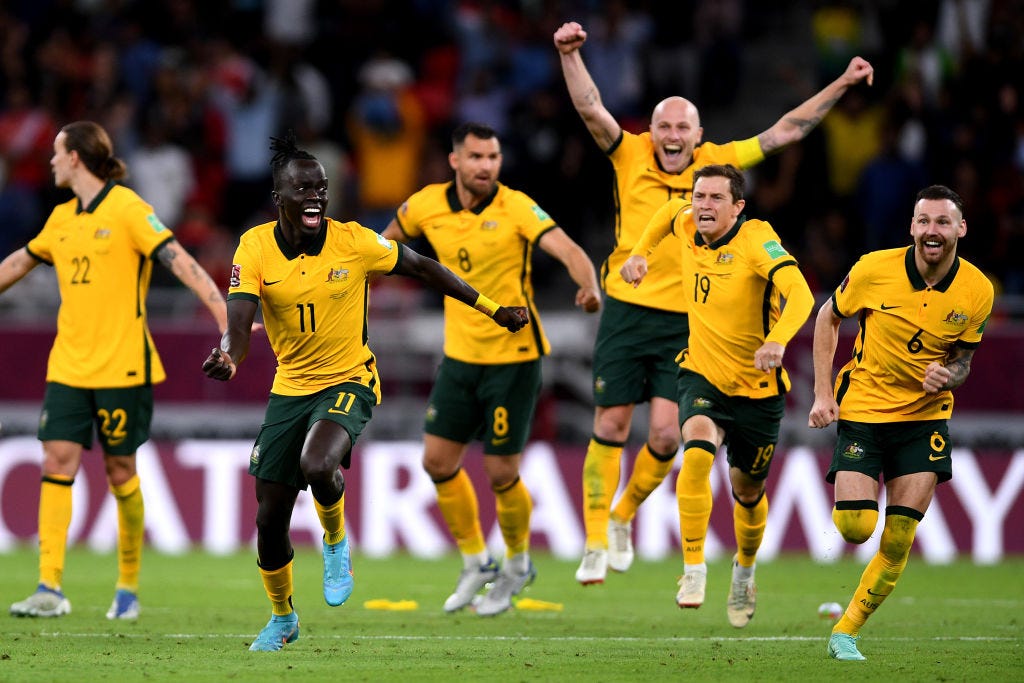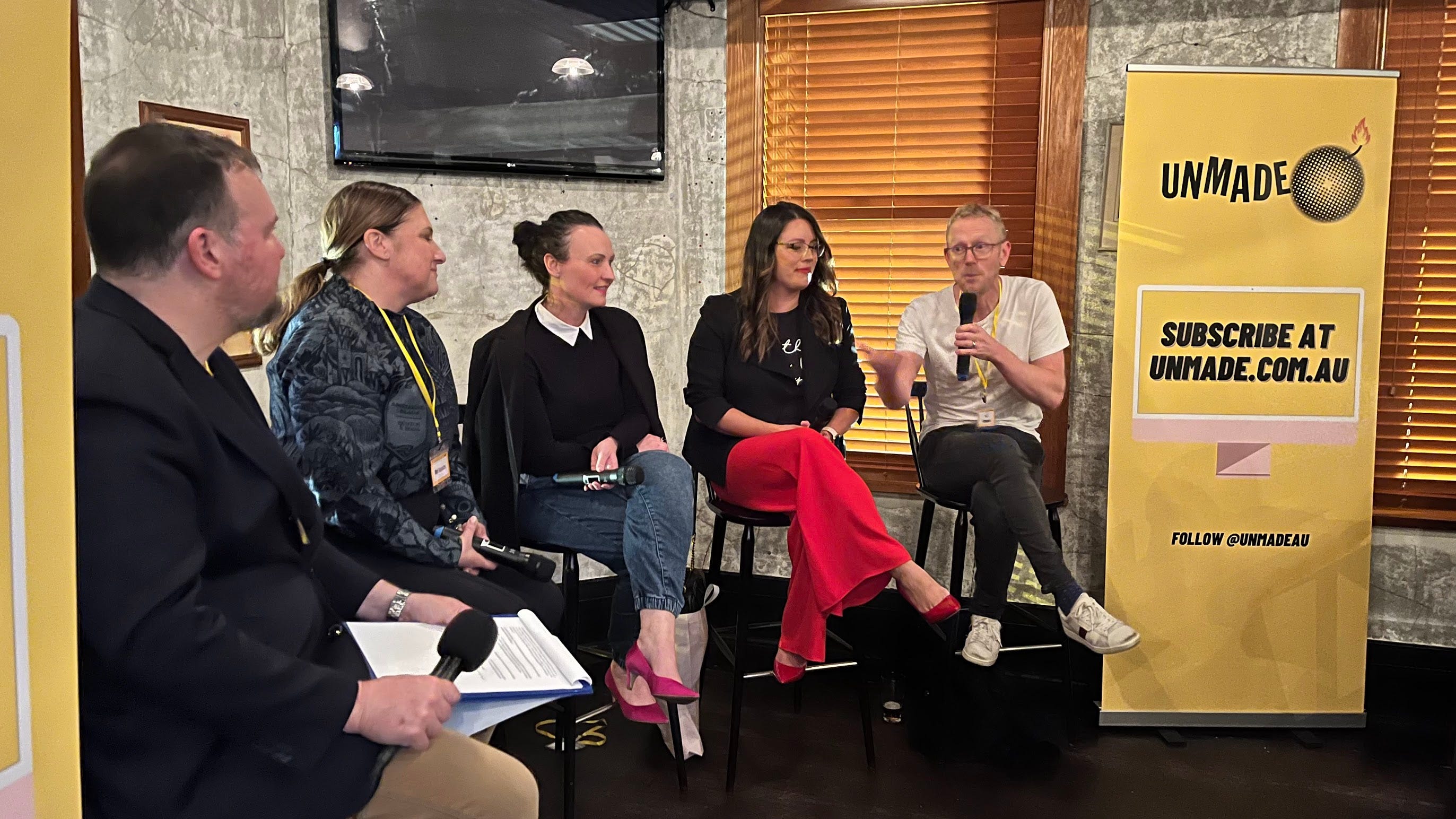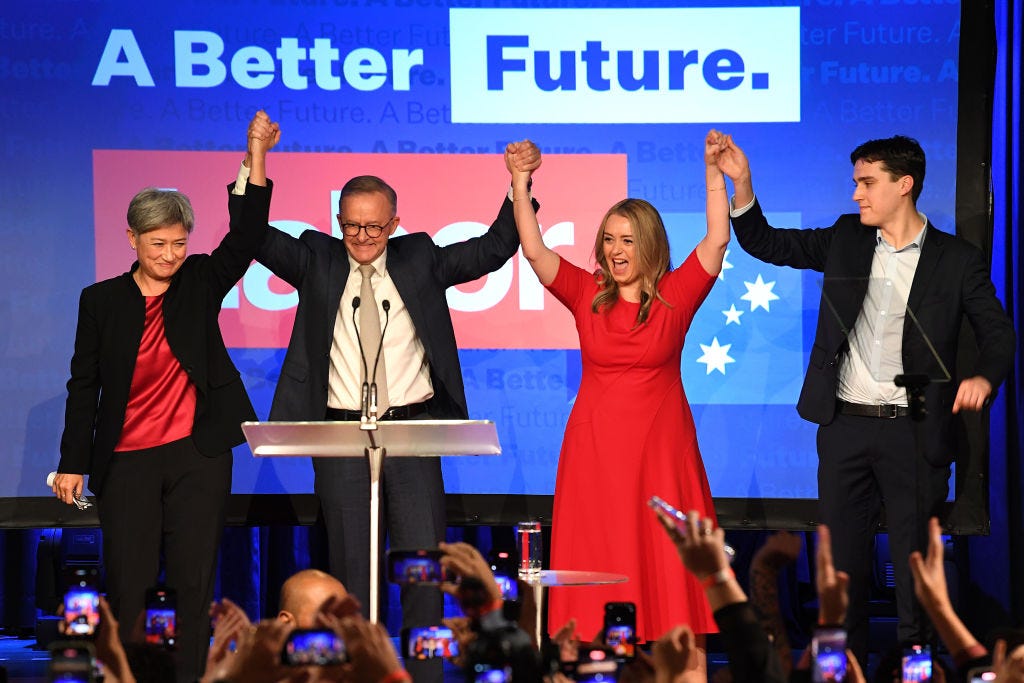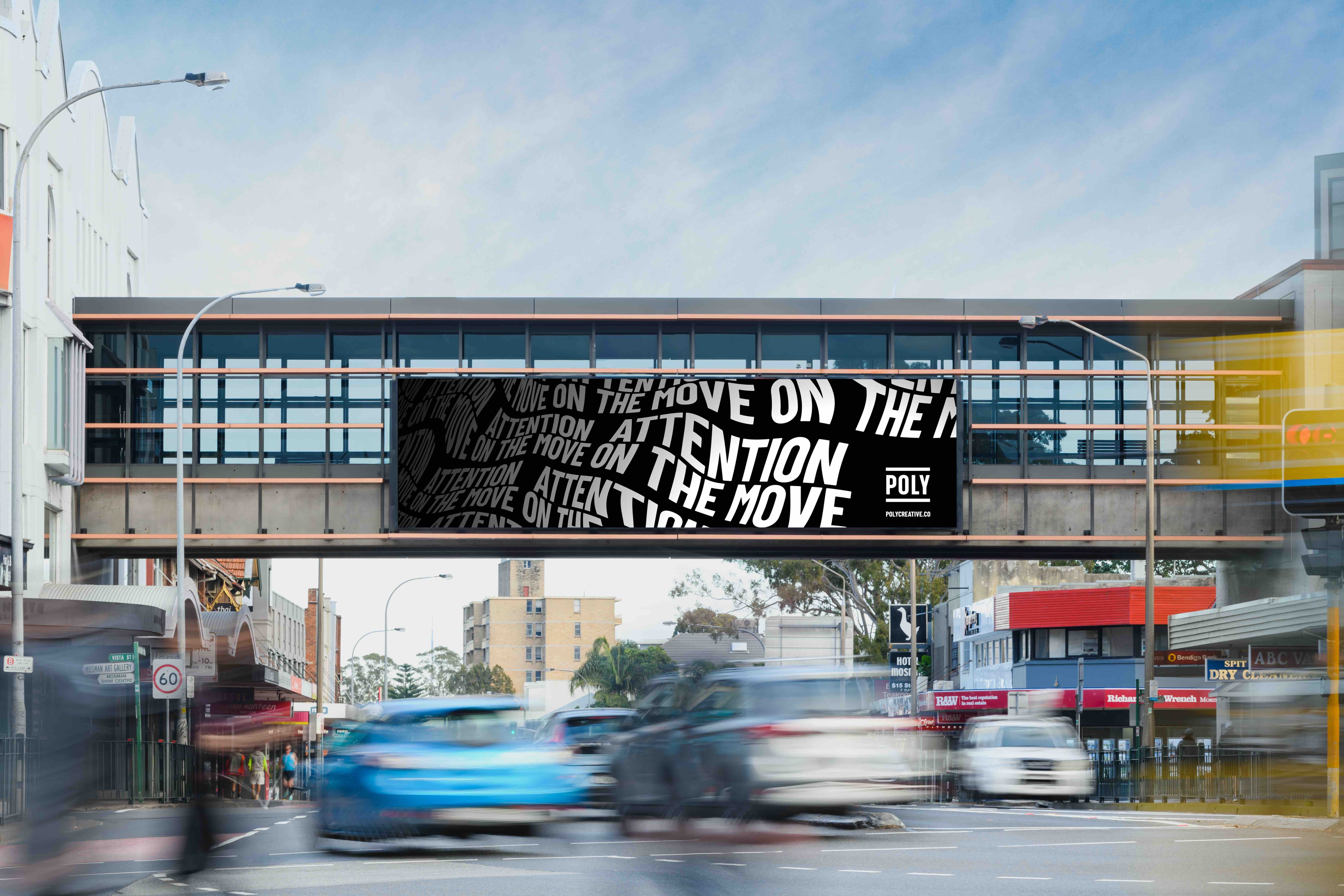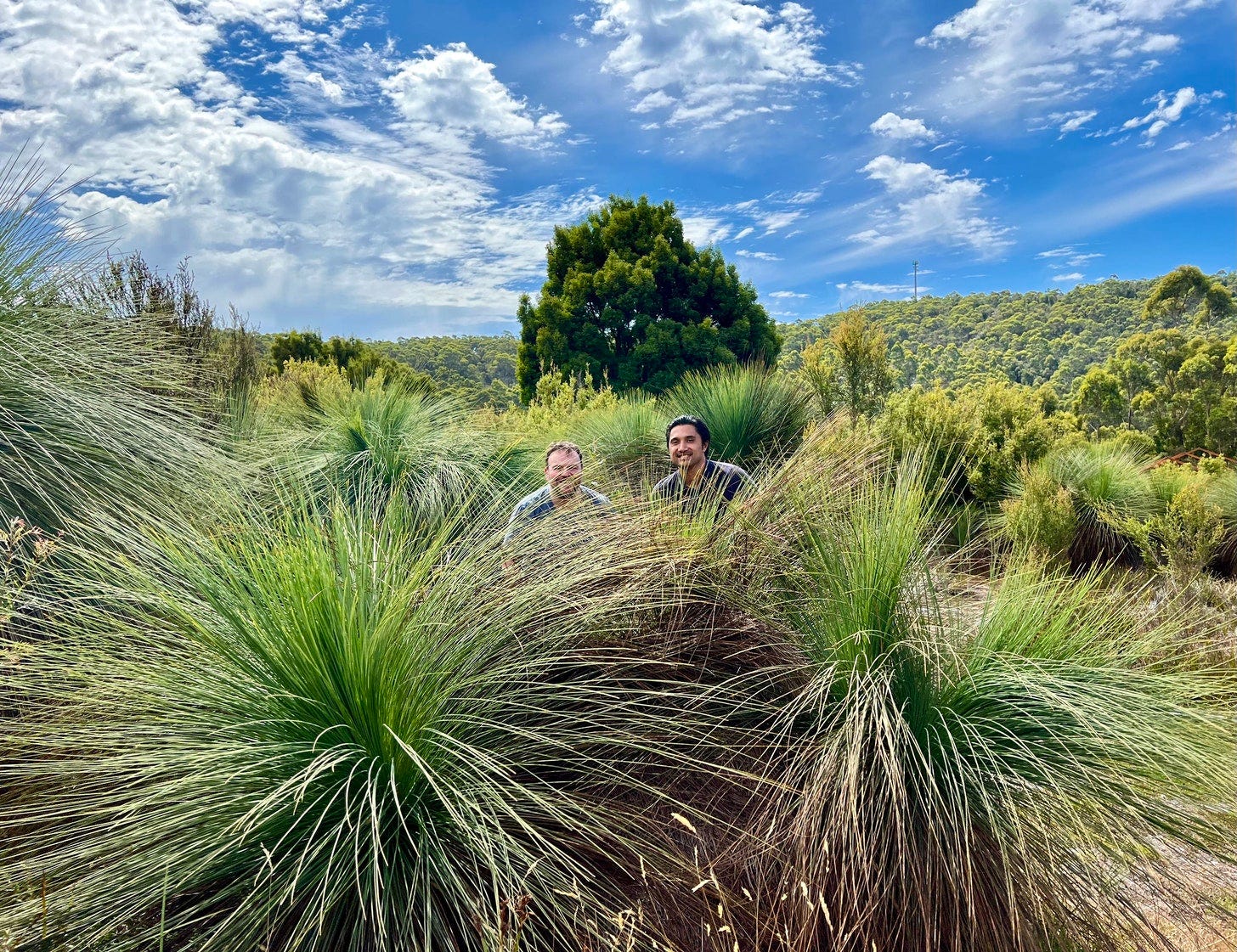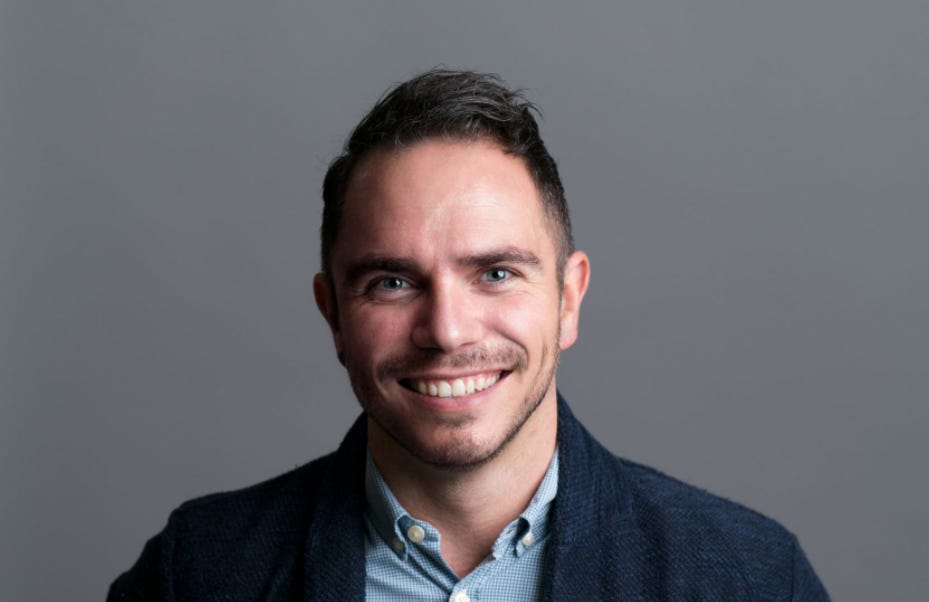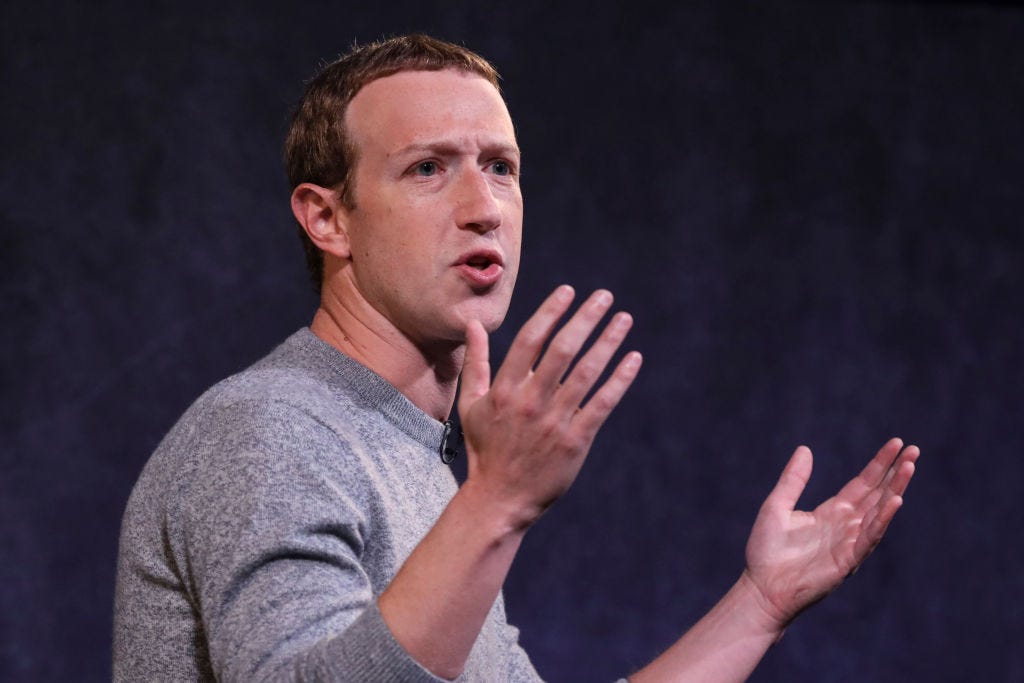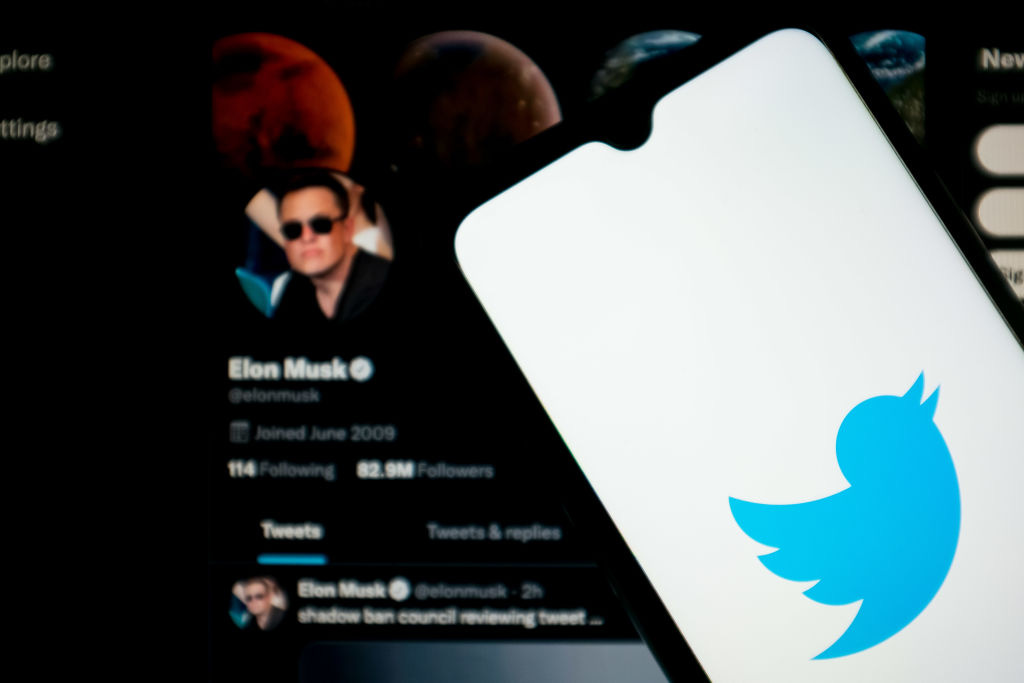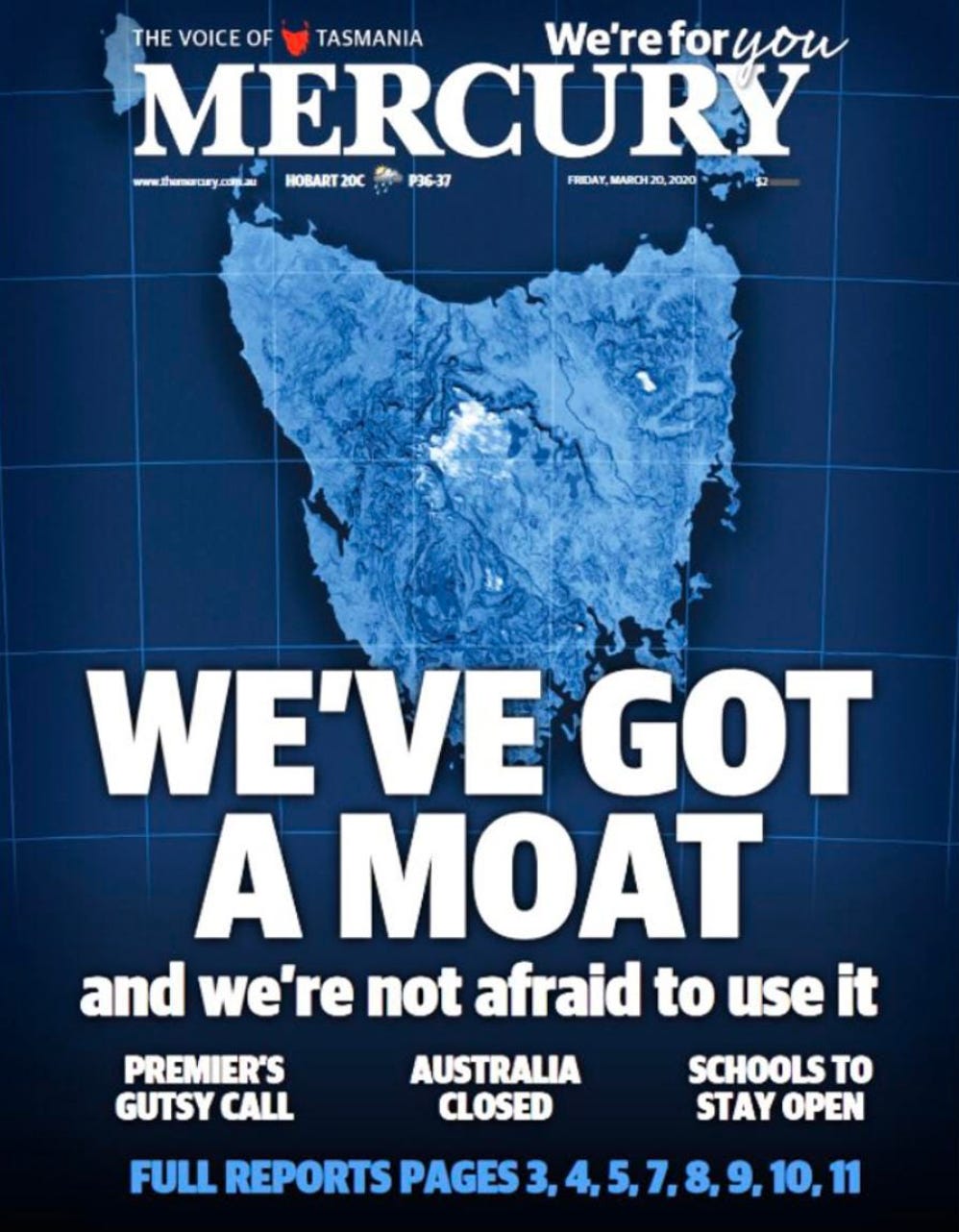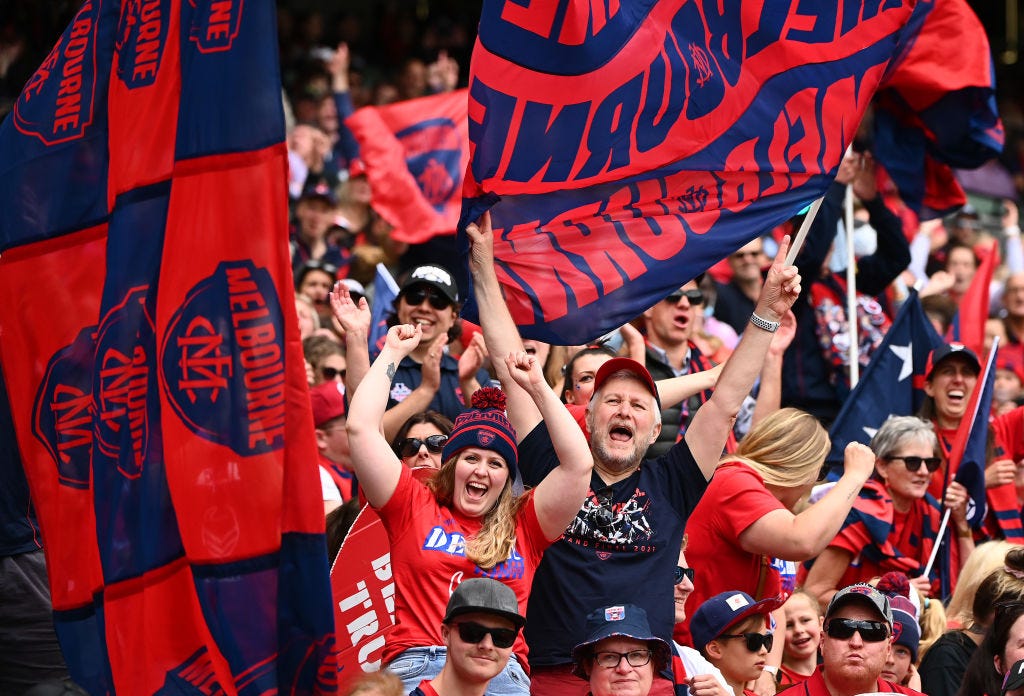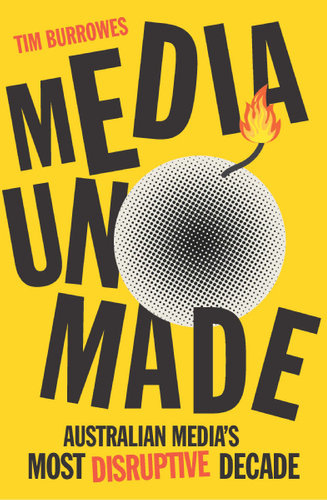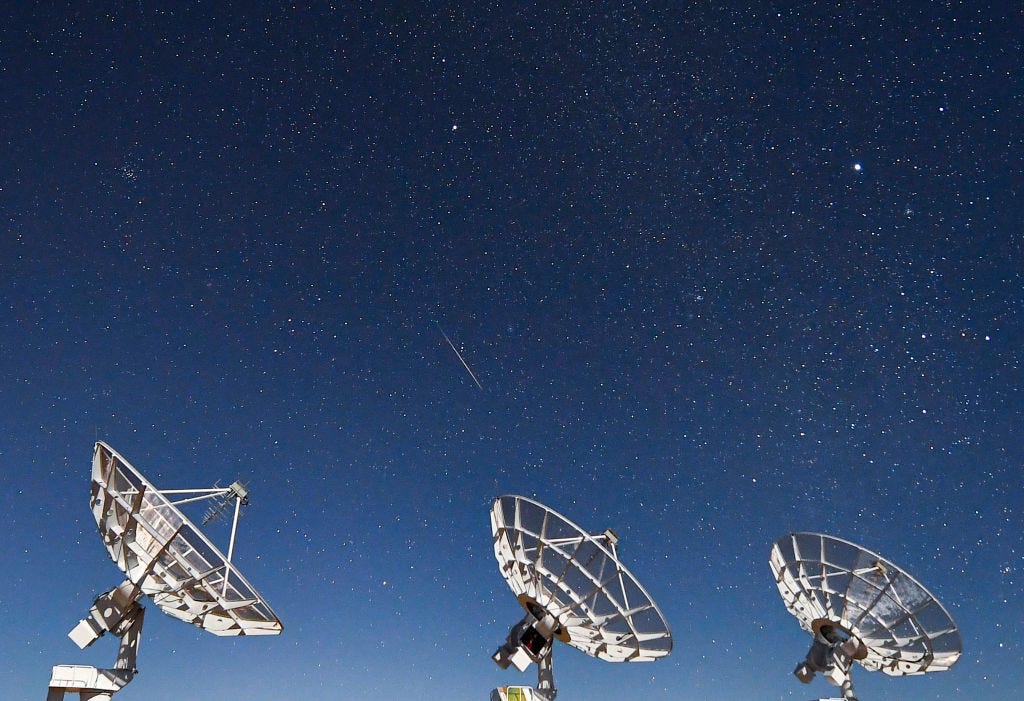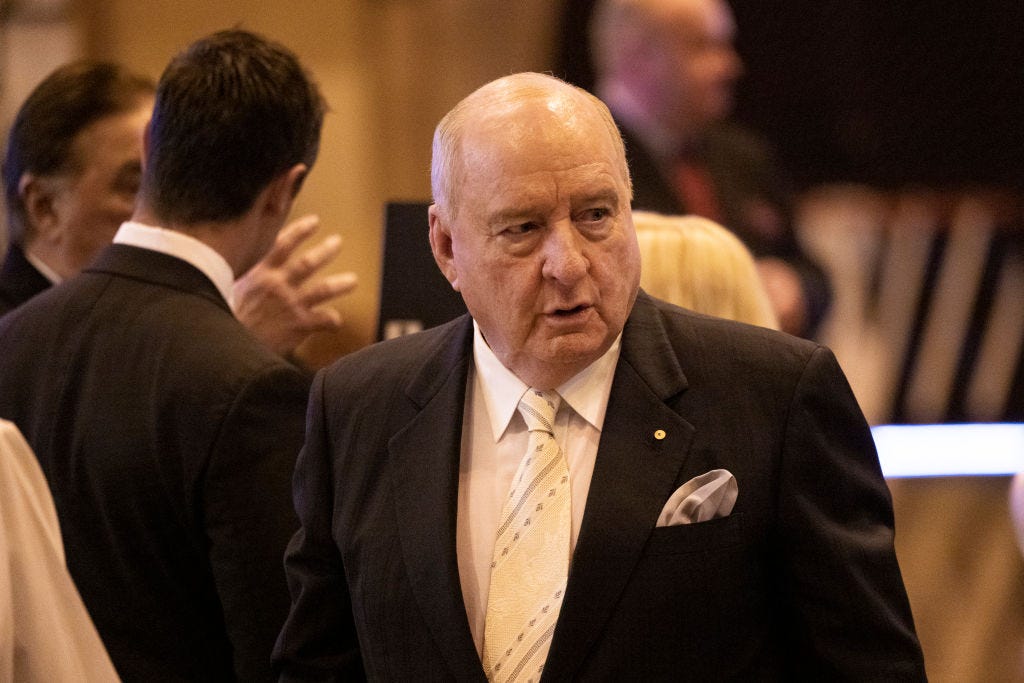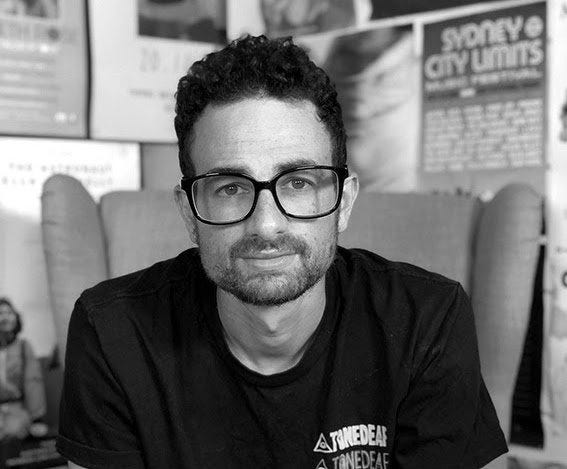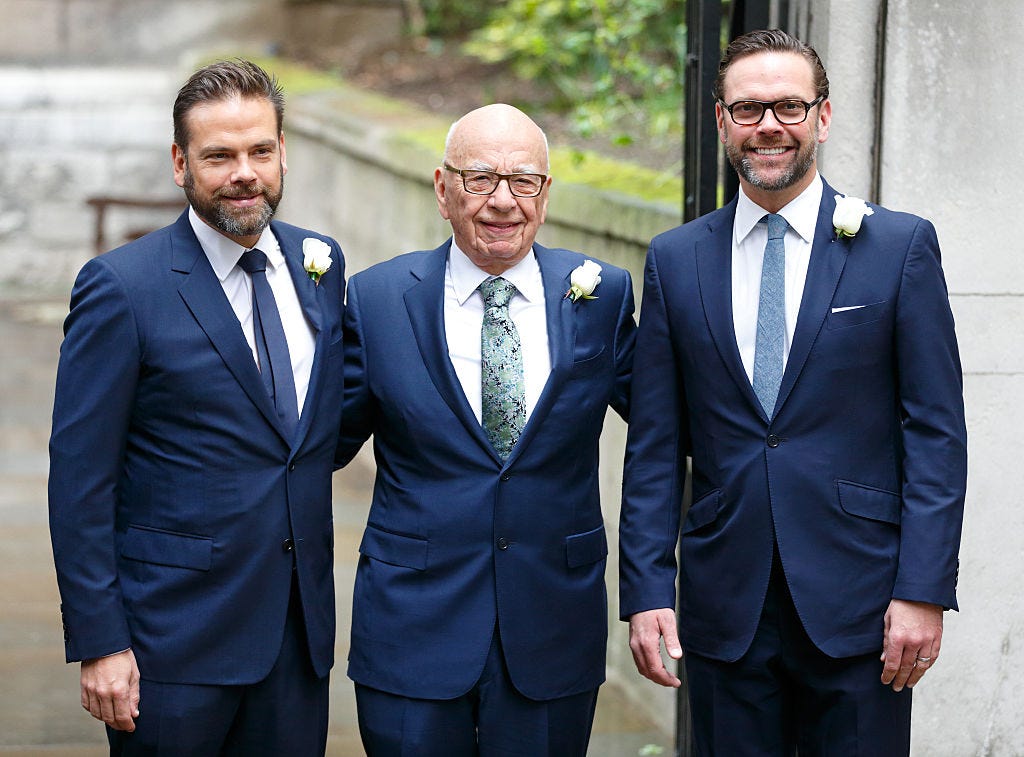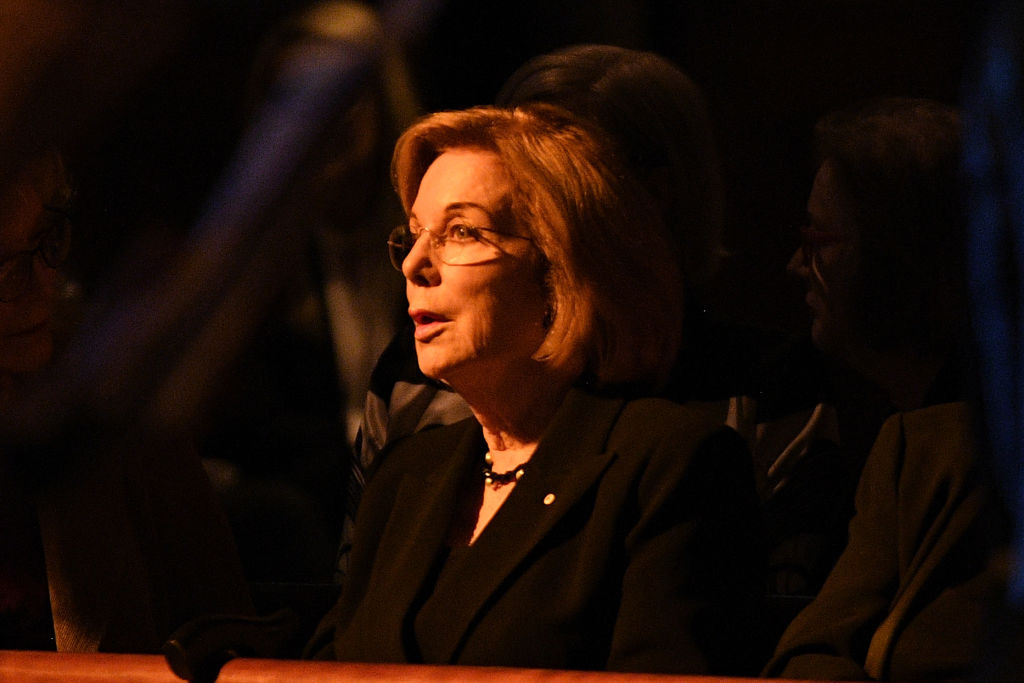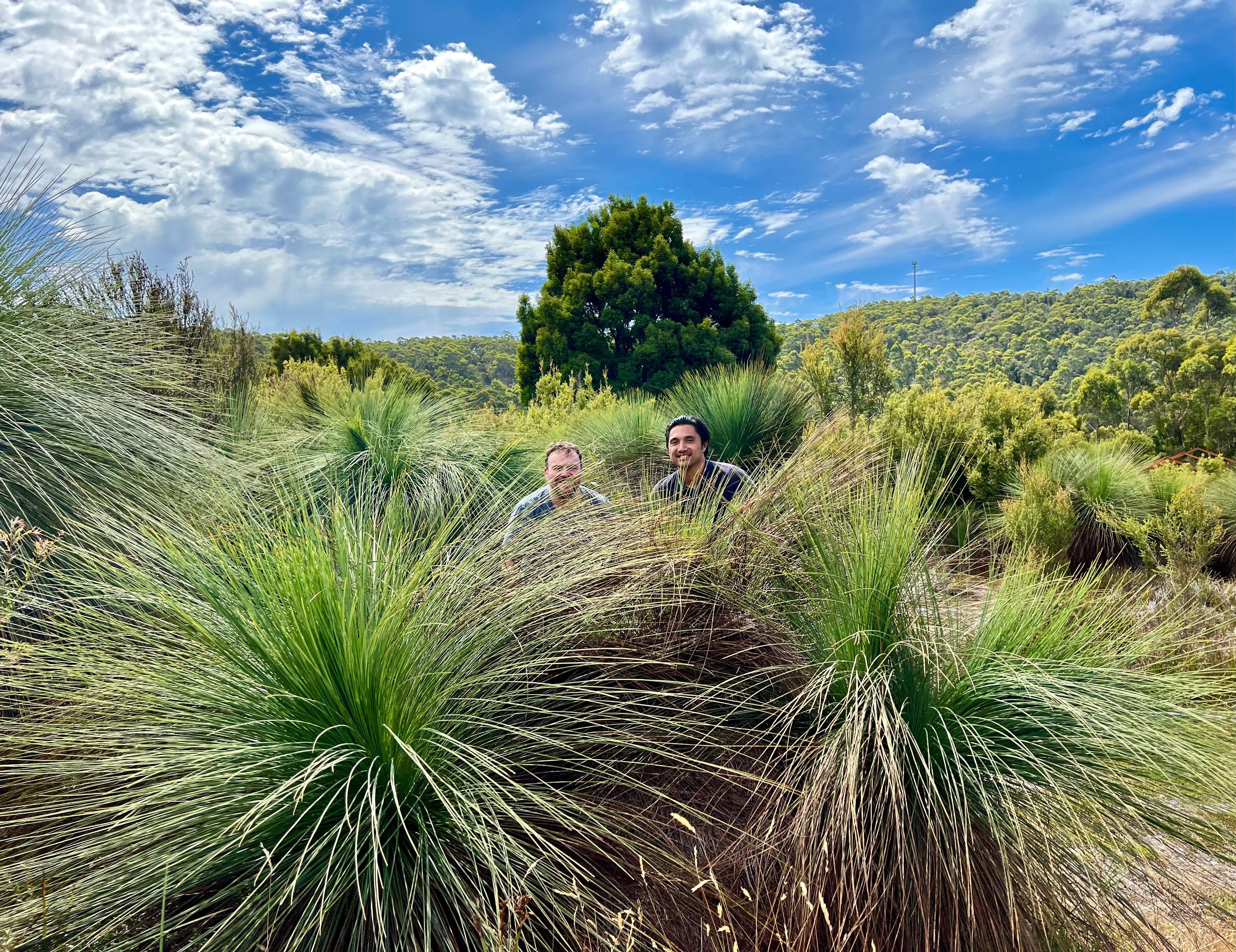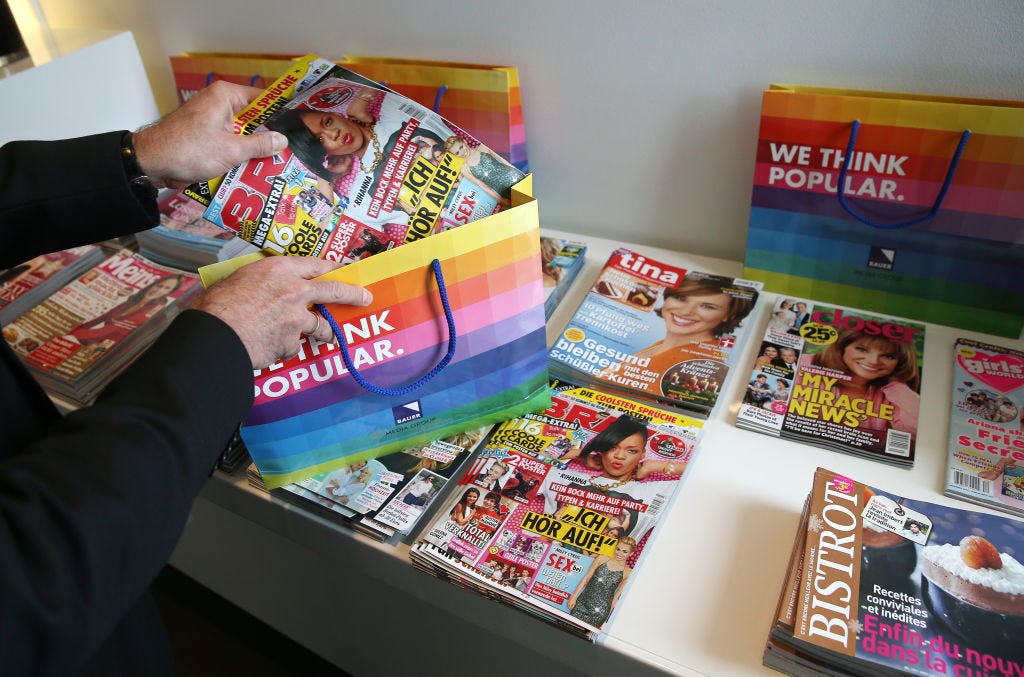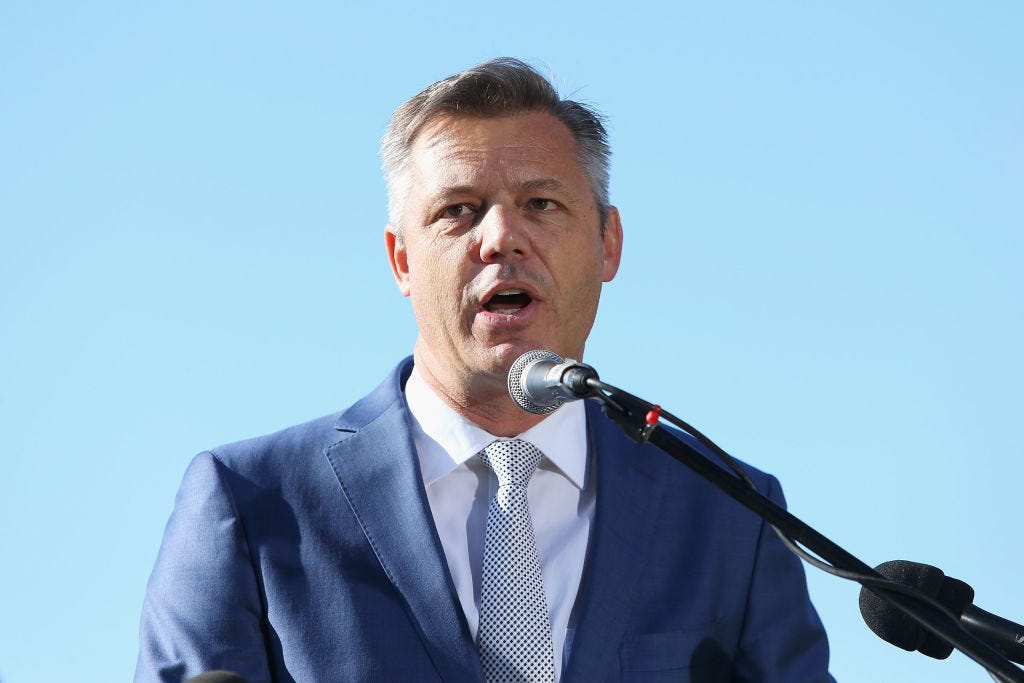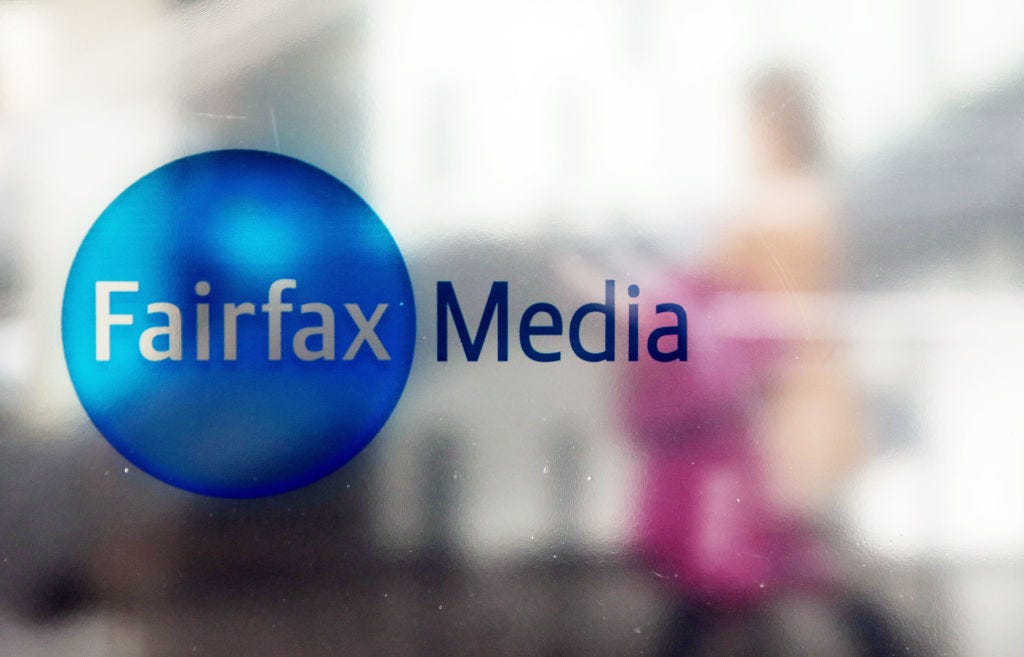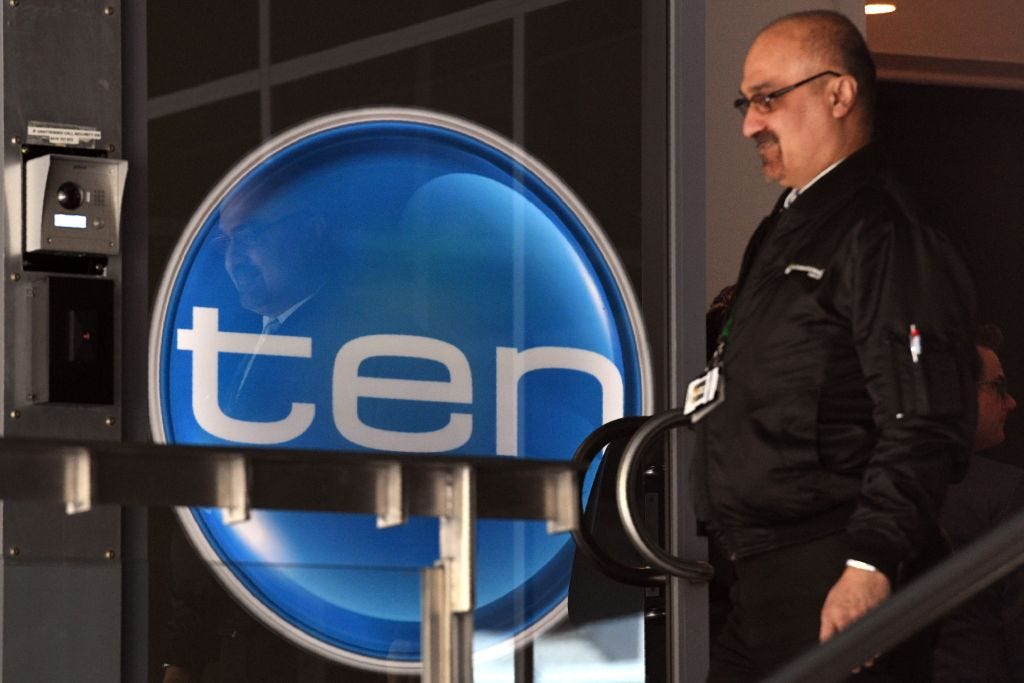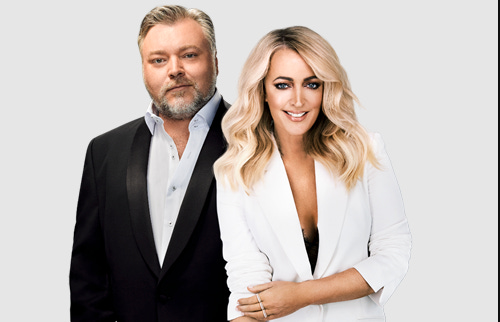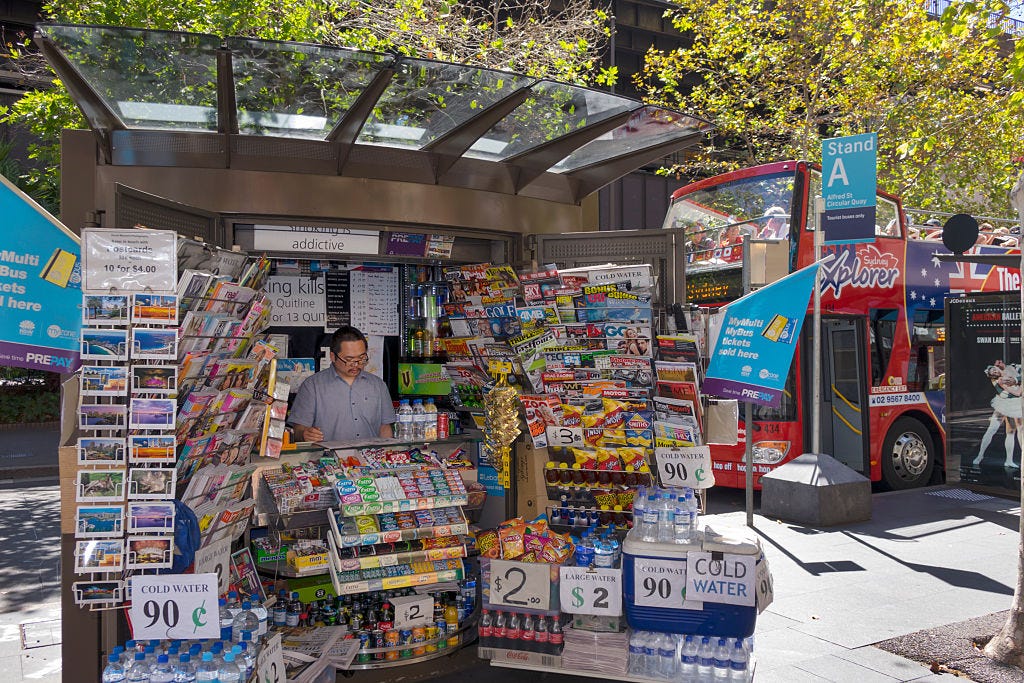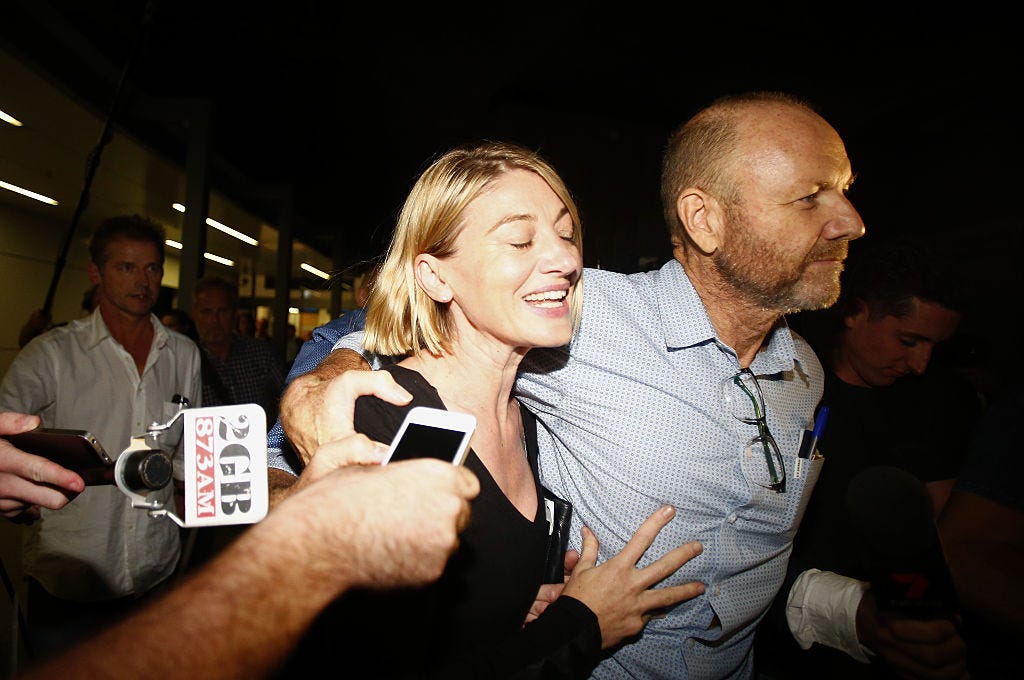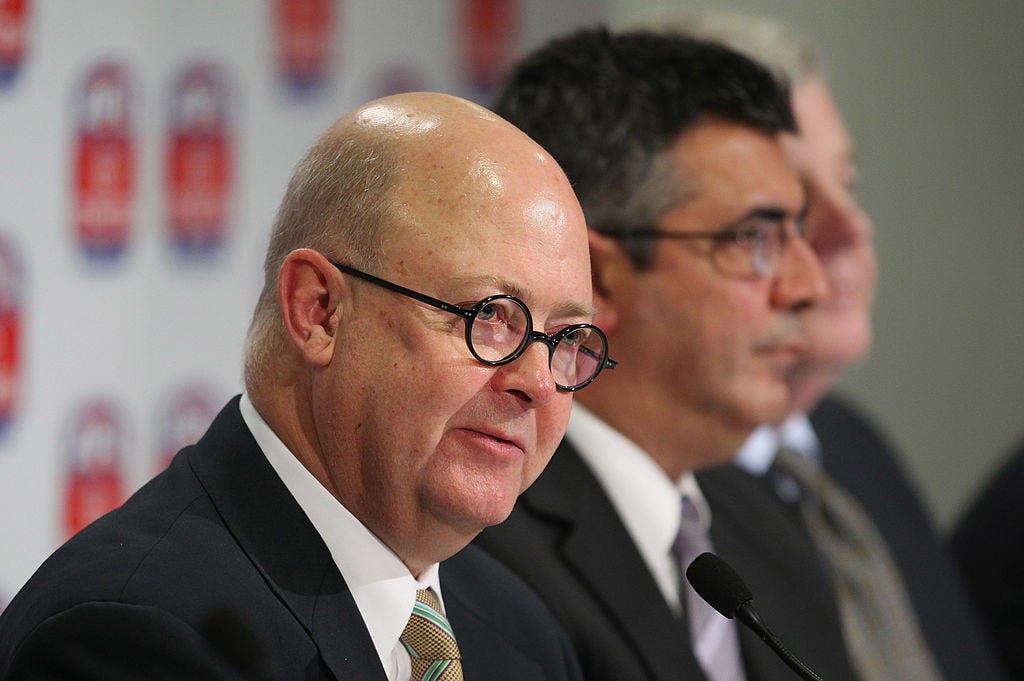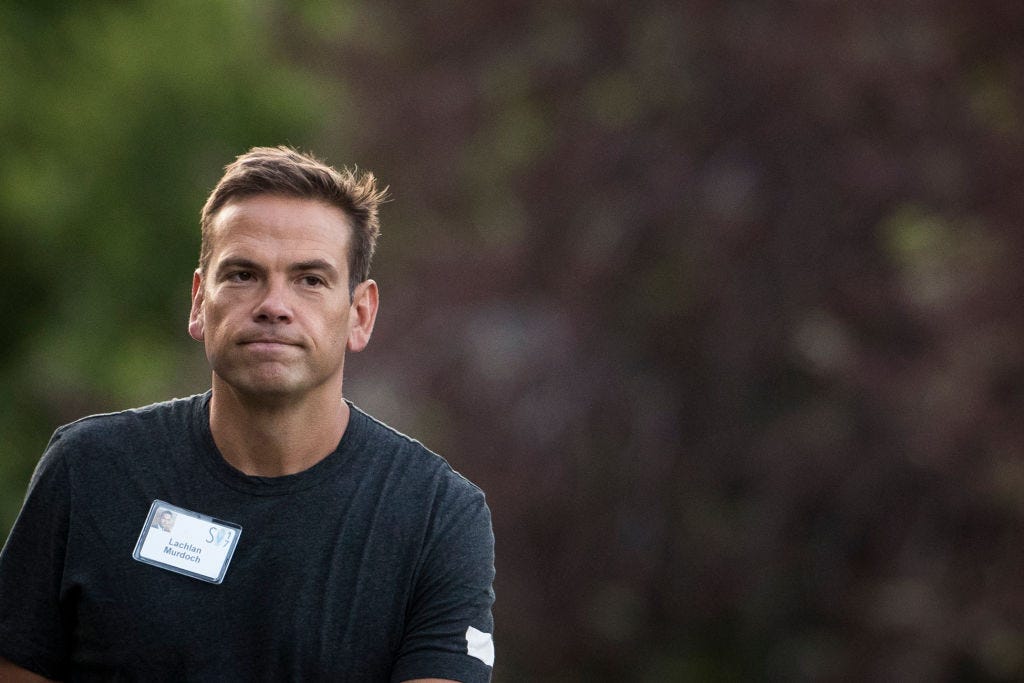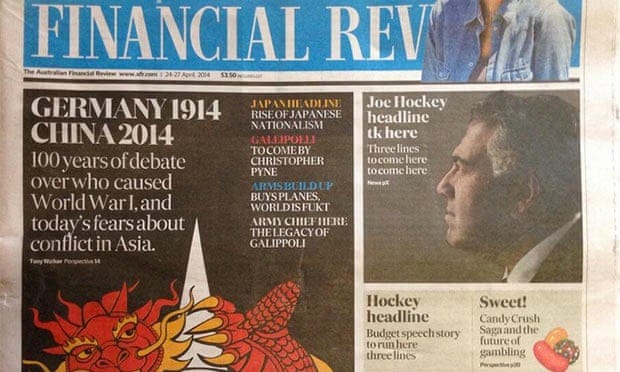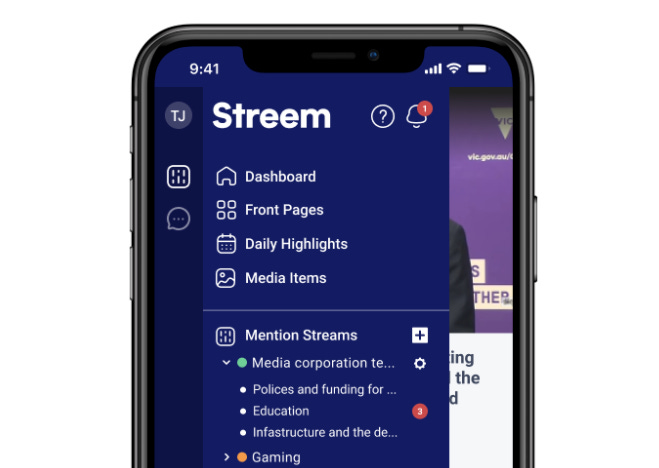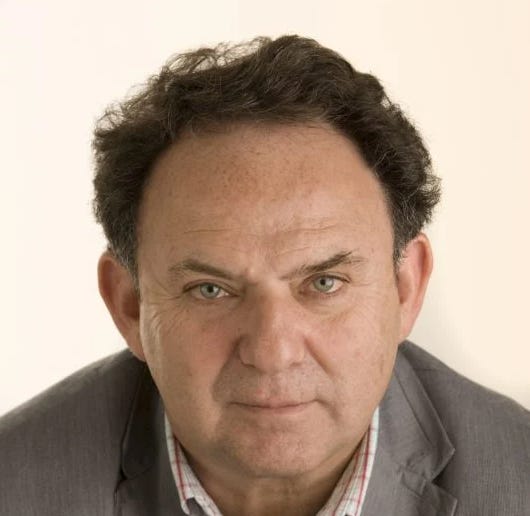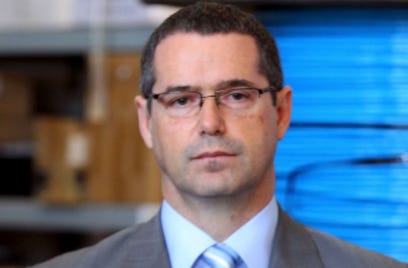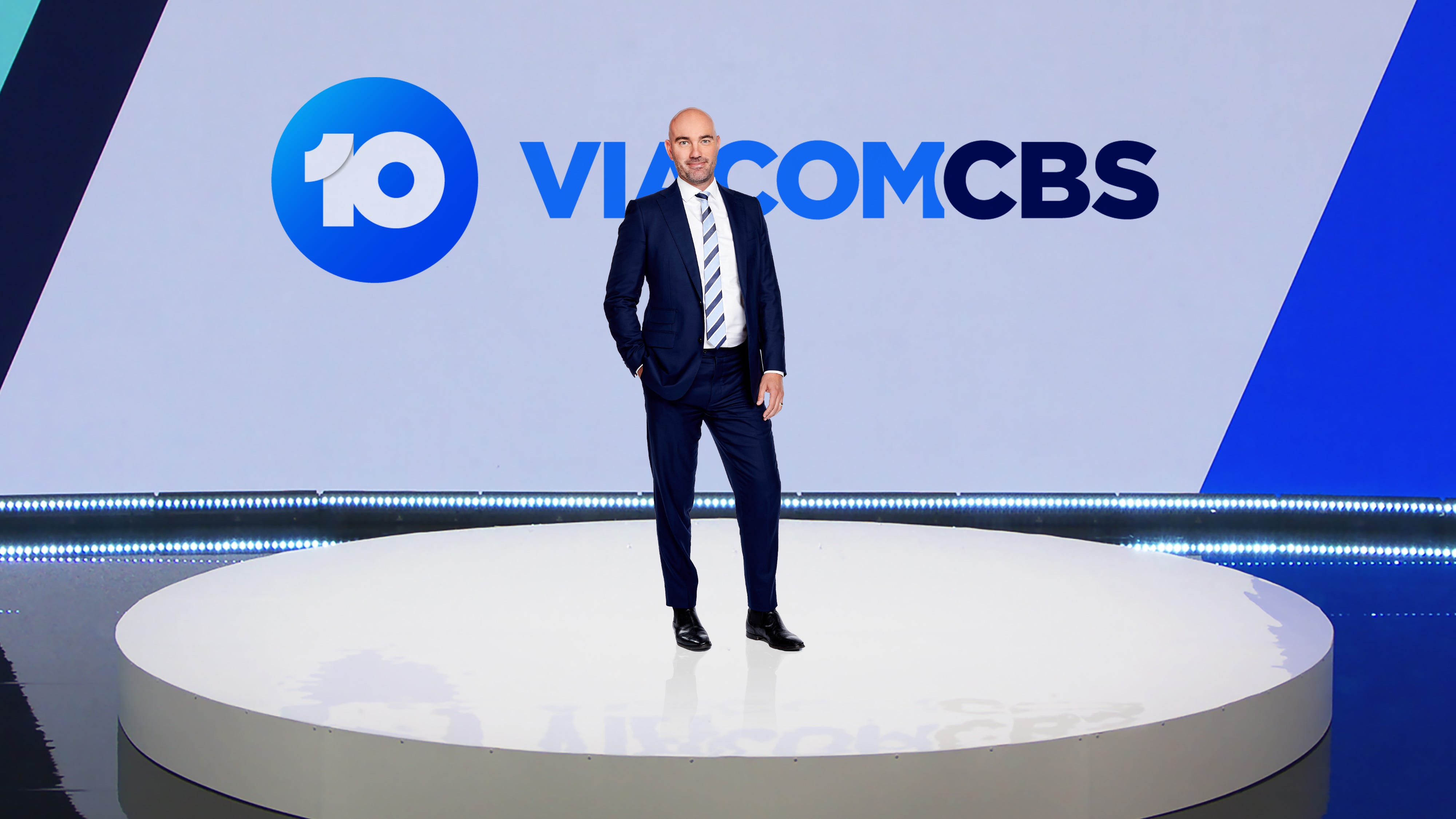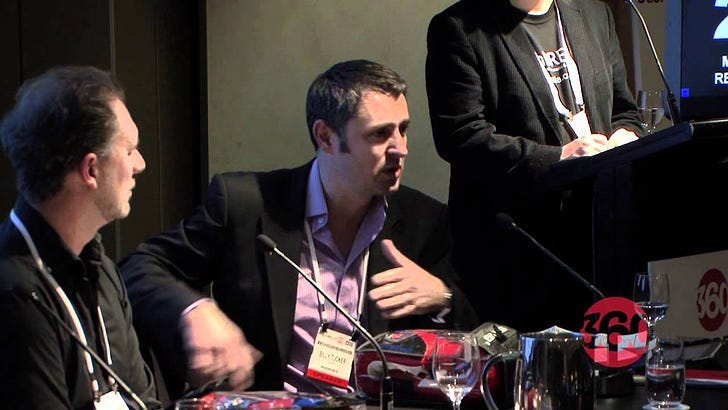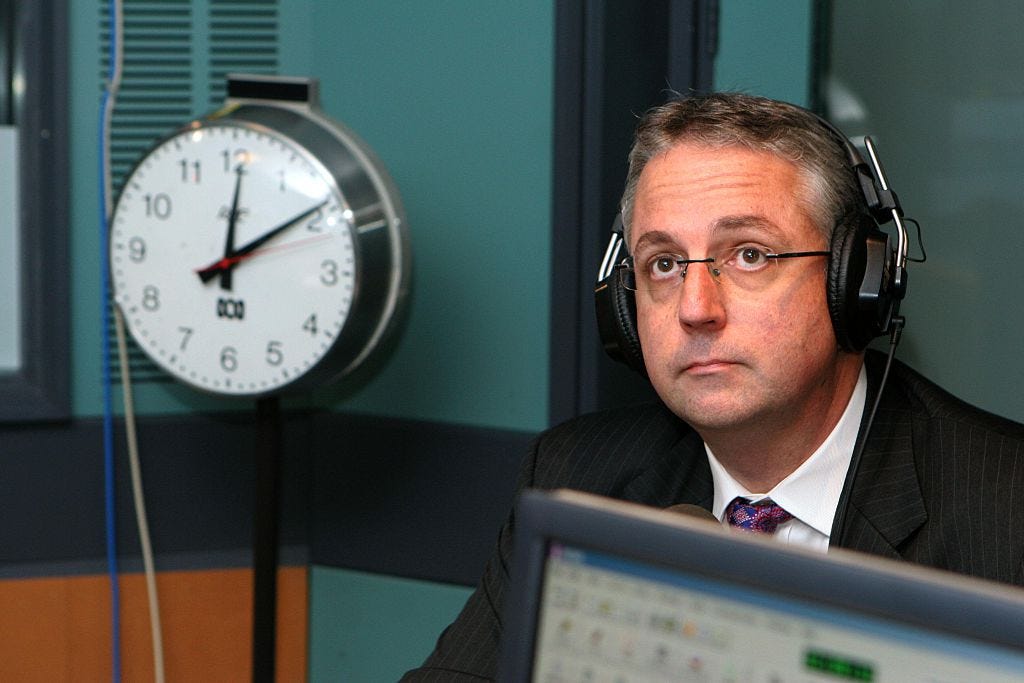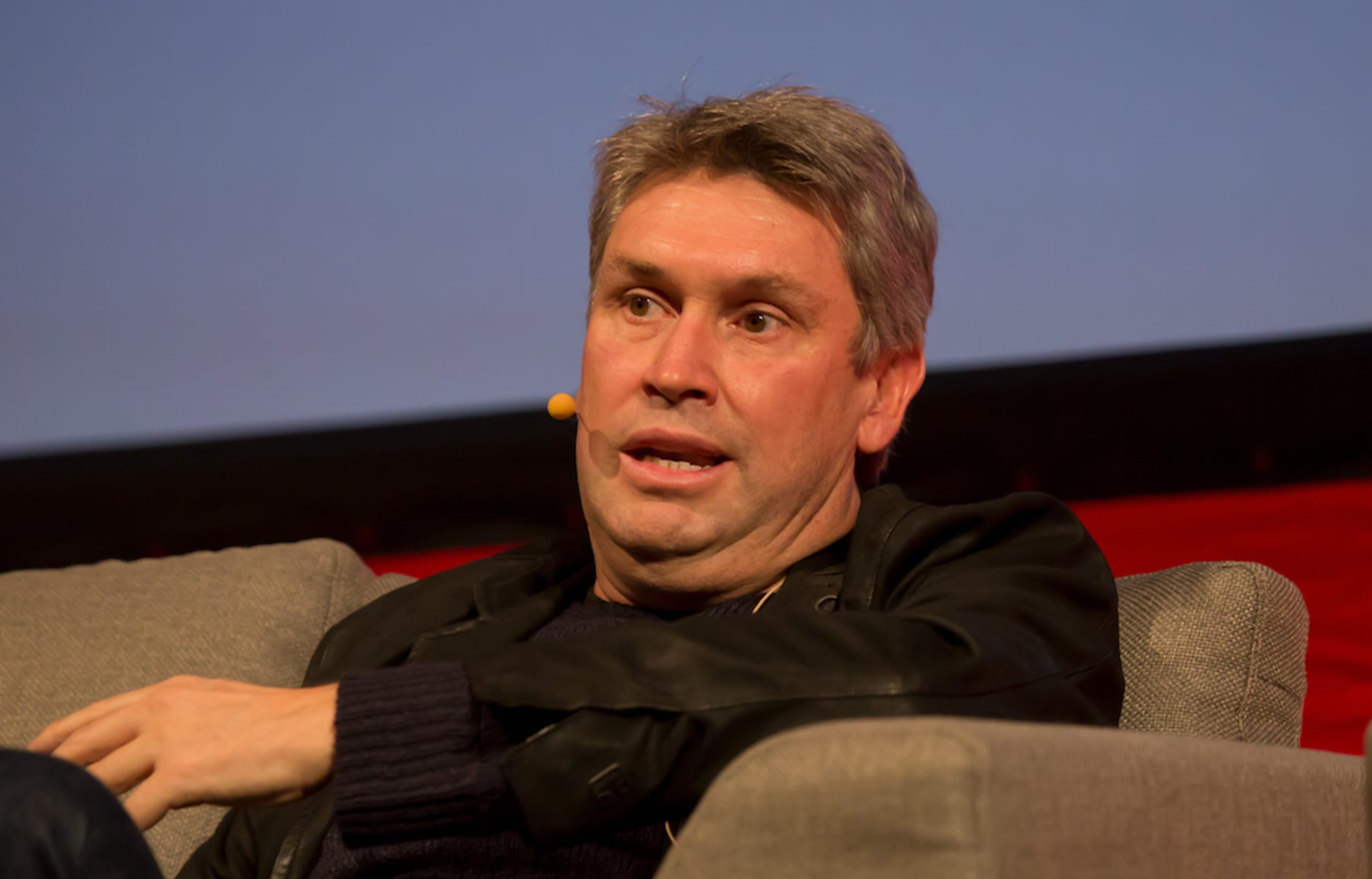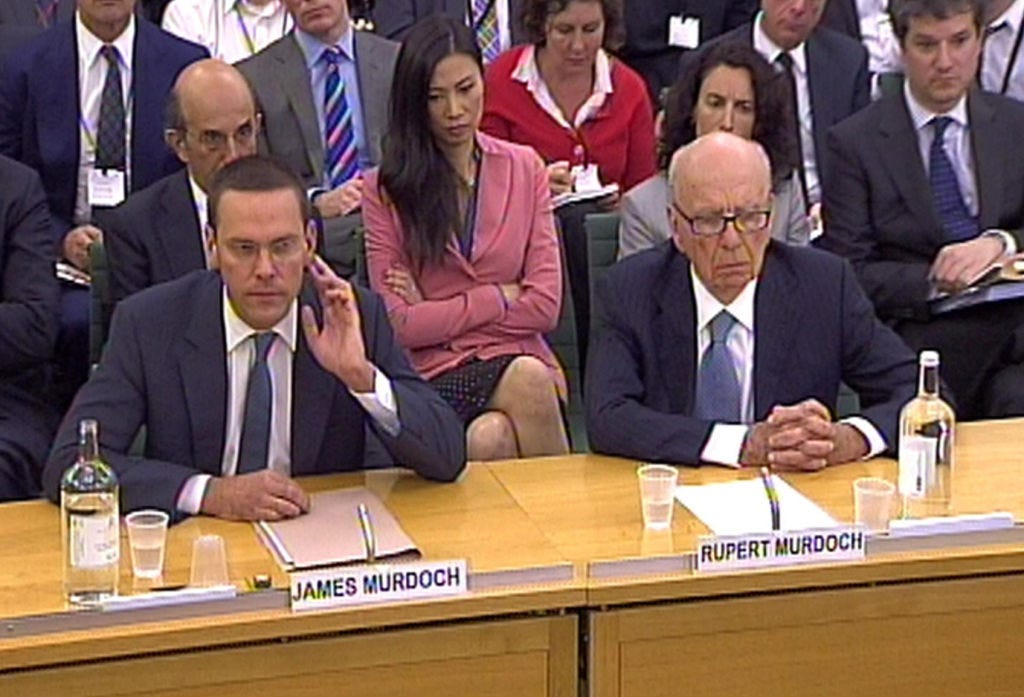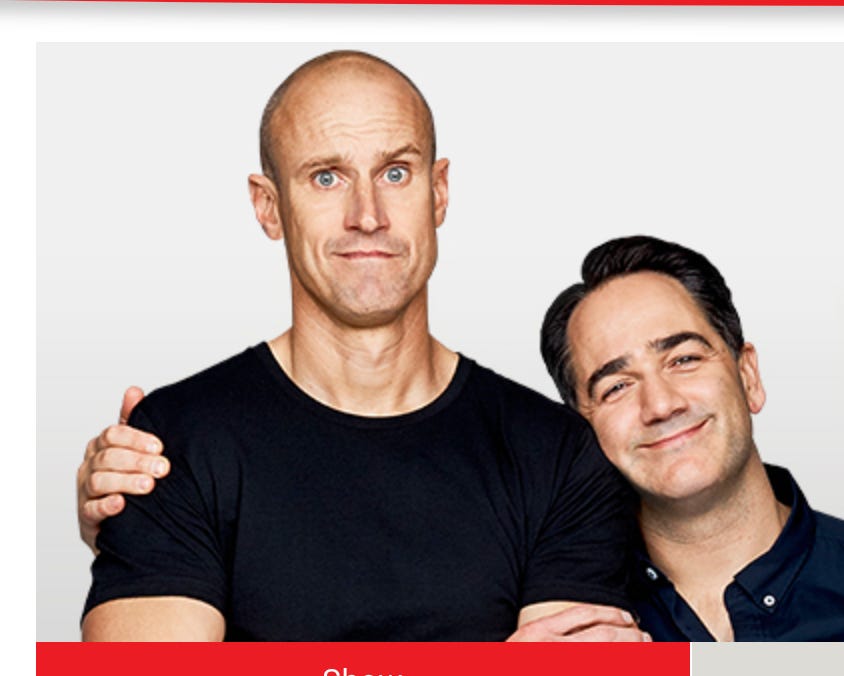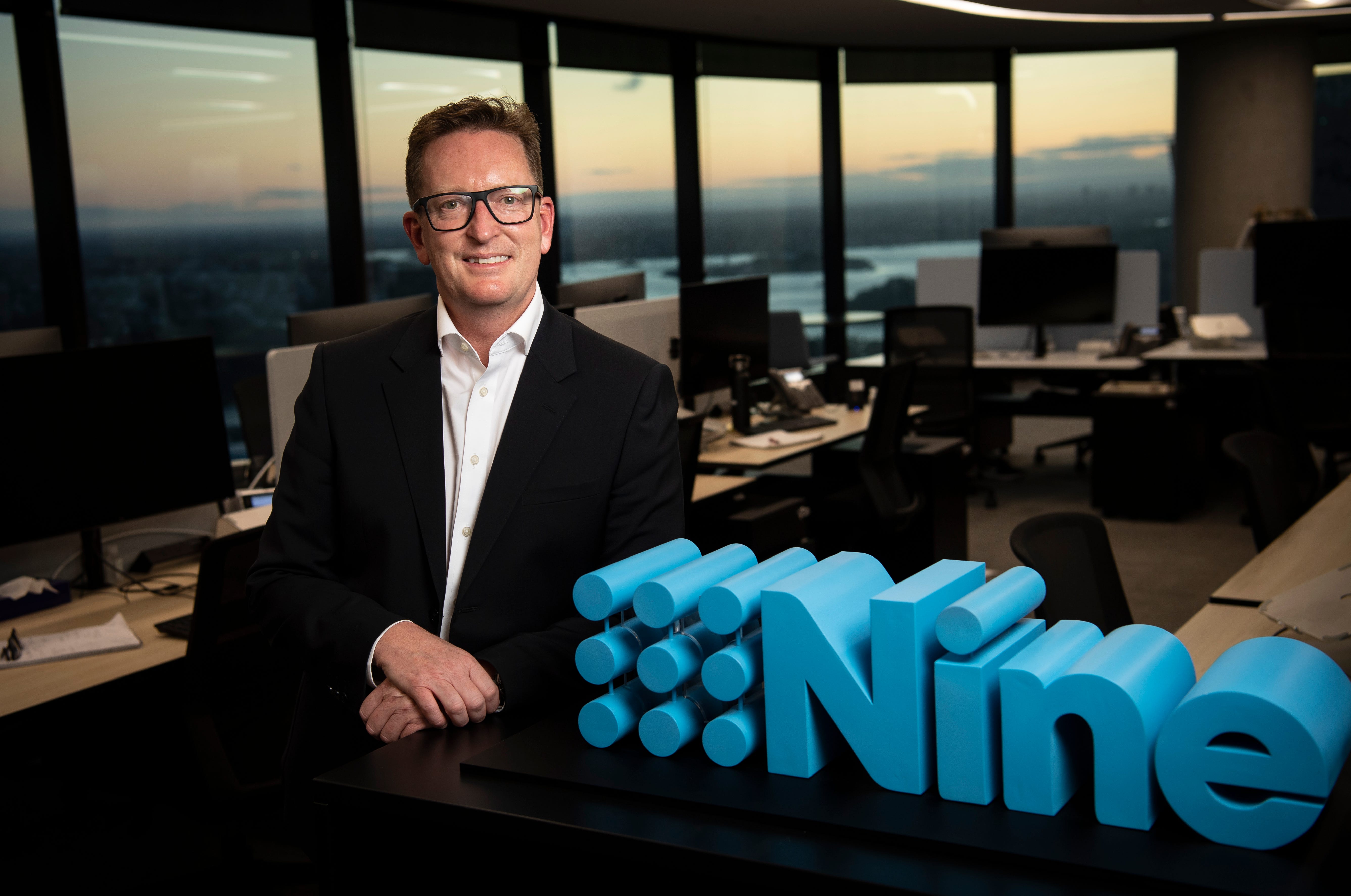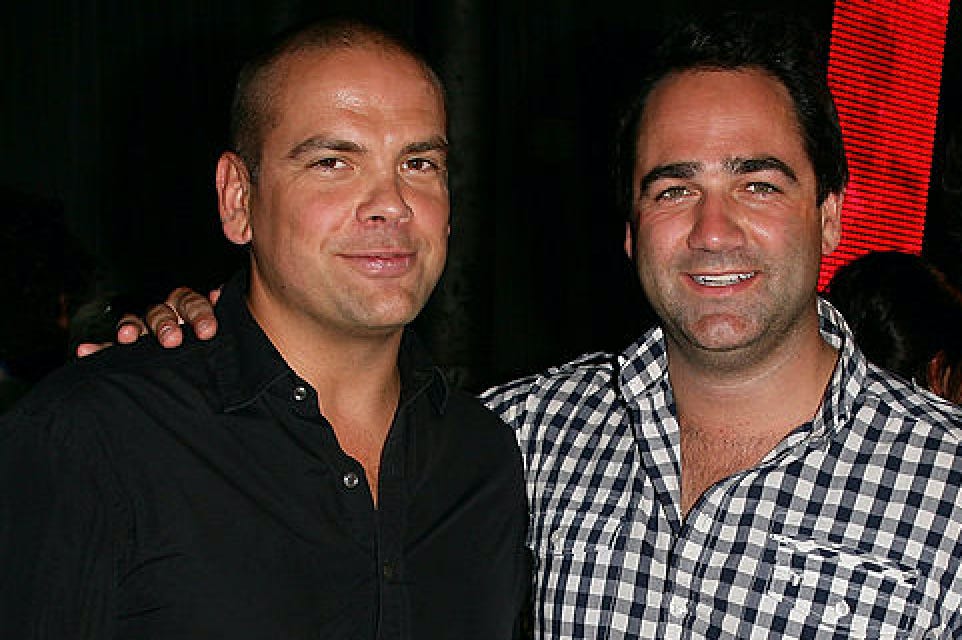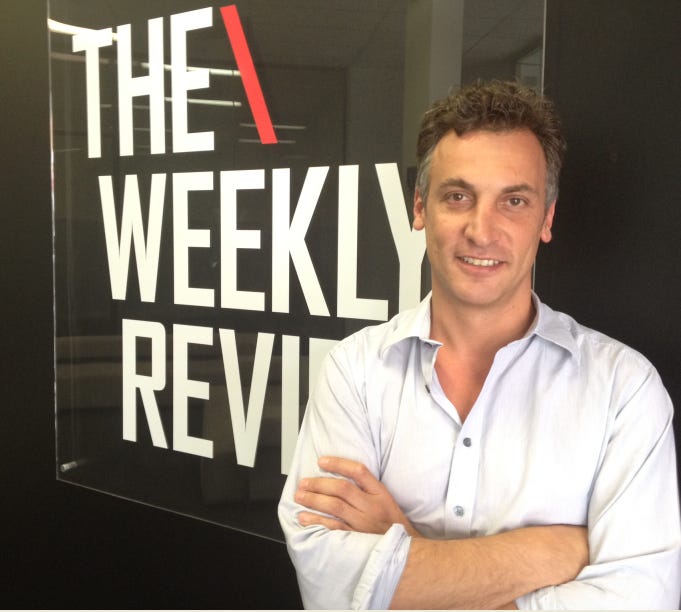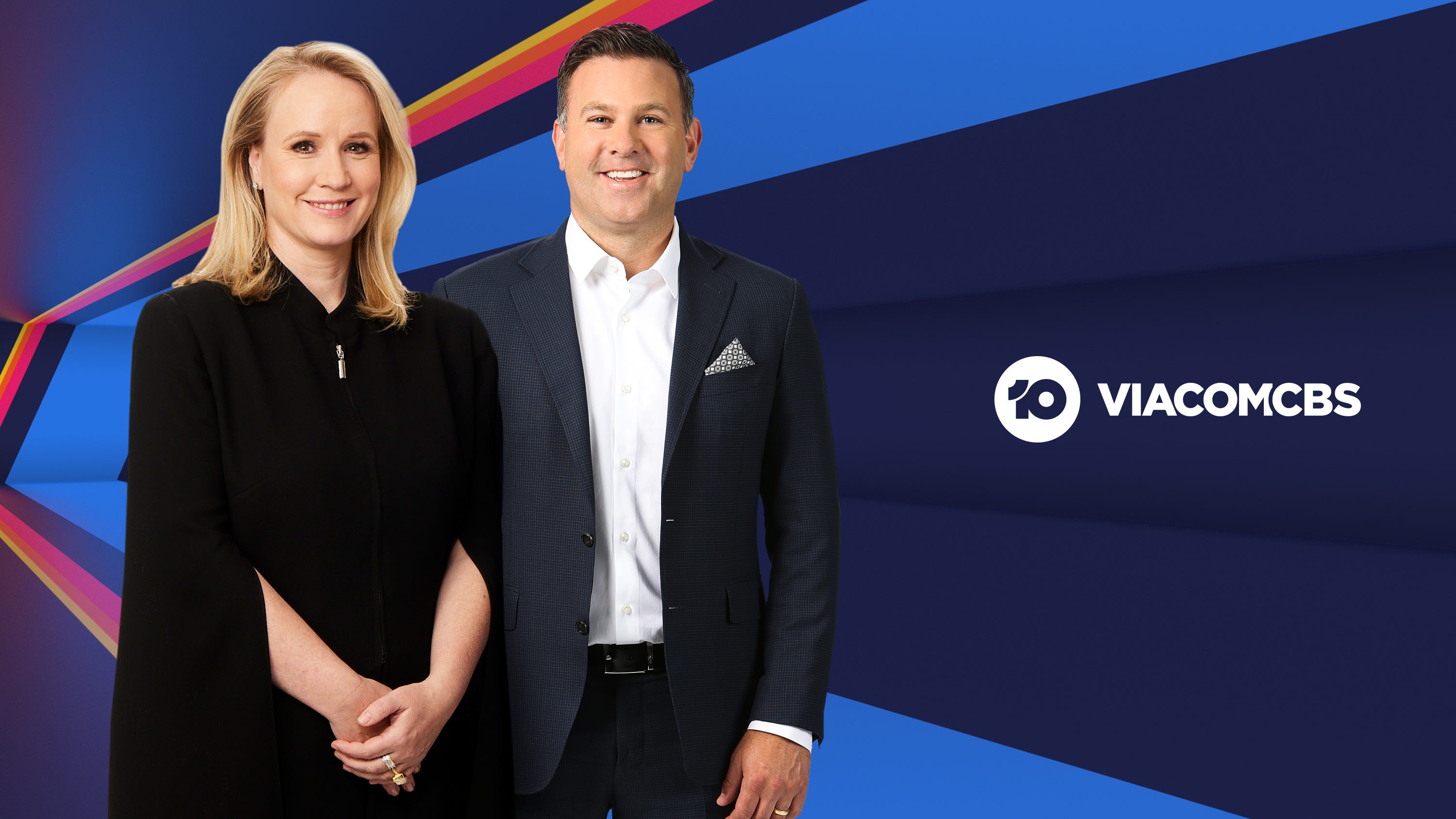The Unmade podcast: Andrew Jaspan on his new publishing venture 360Info
Welcome to Unmade.In the latest episode I talk to one of Australia’s most credentialed media executives, Andrew Jaspan, about his newest venture, 360Info.Jaspan’s greatest career achievement to date was founding The Conversation, which has provided an editorial platform for academics globally. However, he departed in 2017 in acrimonious circumstances.During his career, Jaspan has also edited some of the world’s best known news publications including The Age in Australia and The Observer, The Scotsman, and The Big Issue in the UK.Like The Conversation, 360Info will once again tap into academic expertise and make it accessible to news outlets. Jaspan is the founder and editor.During the interview, Jaspan explains his vision for 360Info, including how it differs from The Conversation. He also discusses the lessons he learned over his exit from The Conversation.And as a former Murdoch editor, Jaspan shares his views on News Corp’s net contribution to society.Audio production on Media Unmade comes courtesy of Abe’s Audio, the people to talk to about voiceovers, corporate videos and commercials.The podcast can be heard via the player above, or by searching for Unmade in all major podcast apps.TranscriptTim Burrowes:Welcome to The Unmade Podcast. I'm Tim Burrowes. Today's guest has one of the most impressive resumes in global publishing, Andrew Jaspan. Maybe best known in Australia as the founder of The Conversation and a former editor of The Age, but in the UK, he was as well known for editing big mastheads, including The Observer, The Scotsman, and The Big Issue, among others. Now he's back with another Australian launch, 360Info. Like The Conversation, it has a foot in the world of academia, but with a different model.Tim Burrowes:Andrew, welcome along, and let's start here. Now, you strike me as one of the few editors who's also got the commercial chops to launch a profitable publishing venture, if they wanted to, yet you're going the not-for-profit route again. Why?Andrew Jaspan:Well, Tim, first of all, it's really good to be talking to you again. We've known each other for a while in Australia, I think pretty well around the time Mumbrella started. Can I just say that, and I'm saying this in all honesty, the question you've just asked me is the same question that my wife asks me every time I do one of these. She keeps saying, "Why can't you do something that's going to make some money?" Because I tend to go for not-for-profit.Andrew Jaspan:So, let me kind of unpack that a little bit. If I wanted to do this as a for-profit, which I could have done, I would've had to raise substantial sums of money. In this case, we have five million Australian to last us three years, although we do hope to raise more money. Now, to go and raise five million on the money markets, particularly if you go to venture capitalists, they expect a couple of things, as you know. One is a good return, and two is to probably flip the company in between three to five, and them for them to exit and sell it on to somebody else. So, that's problem number one. It puts a very high bar on you having to perform.Andrew Jaspan:The second issue is that, if we were for profit, our authors and we can come onto this later, our researchers working universities worldwide, they would all say, "That's fine. We have no problem with you being for profit. After all, all the academic journals, the McMillans, the Springers, et cetera, they're all for-profits." And what they do is, they pay their authors. So, they would expect to be paid. That would kind of double or triple our burn rate, and it would just make it pretty well unfeasible.Andrew Jaspan:Here, the only money I need to raise is to hire editors, professional editors, and producers. And I just couldn't make this work another way. The other thing is that we're playing in the public good space. To me, the public interest/public good space requires that you make your information as widely available as possible. And that means no paywalls, the ability for information to flow freely. That is the antithesis, in a sense, of a commercial play, which is probably seeking to get either a paywall erected, or to write a lot of advertising alongside the content, and so on, so forth. So, that was the antithesis of what we wanted to do here.Andrew Jaspan:So yes, I'm afraid to say I've gone back to the not-for-profit well, and my life at home remains a bit of a misery on that front.Tim Burrowes:Well, we might touch on the funding a little bit more in a moment, but firstly, maybe you can actually explain the concept of 360Info.Andrew Jaspan:Absolutely. In a way, Tim, it might be useful to say how this differs from my last play, which was The Conversation. There are certain similarities, in so far as we're working with researchers, but where we are different is as follows. The first thing is, we are trying to look at information in the global whole, as it were. So, not to look at information that begins and ends at the borders.Andrew Jaspan:If you take most media, it tends to be about a country in which they operate in. And the reason for that is, the business model is around advertising and advertising is sold by territories, or countries, or cities, or states. What happens in, if you take where I live, in Australia, the job of say The Melbourne Age was to attract an audience in Melbourne, and you sell them Melbourne products. The sister paper in Sydney, The Sydney Morning Herald, will do the same thing.Andrew Jaspan:And what you do every morning, when you're editing one of these papers, is you think what will attract me a Melbourne audience? And it tends to be about issues in the city or region, and ones that are outside are dropped. And what I wanted to do was to take a different approach and just say, "Look, what if we actually tried to approach information without borders?" Because there are lots of stories. The obvious ones today are COVID, which knows no borders. Carbon dioxide knows no borders. Climate issues knows no borders. The fish in our oceans know no borders. Et cetera. So, why don't we look at some of these bigger issues in a different way?Andrew Jaspan:The second thing is, I wanted to get away from the breaking news cycle, because breaking news in any newsroom, as you all know, tends to suck the oxygen out of that newsroom, because everybody rushes to cover what's breaking today or this week. And what I wanted to do was to refocus the editorial, not on breaking news but on the big issues, the big challenges, the most pressing problems the world faces. And I've obviously mentioned the two big ones right now are COVID and climate. There's also water, food, energy. And then we go into issues like human trafficking, refugees. There's a whole bunch of other softer issues, as well, that dominate the most wicked, difficult problems the world faces. So, I wanted to look at those, unpack those problems, really try and understand them from different perspectives around the world.Andrew Jaspan:And secondly, utilizing the scientific method or the research method is not just to try and understand the problem, but also find a fix to those problems. And again, returning to COVID, if I may, when the COVID-19 virus came along, initially nobody knew what it was. And in record speed time, about three months, scientists were able to do some genomic sequencing tests and actually understand the virus and then gave it a name. And once you understand the nature of the virus, you can then build the antivirus. So, I wanted to use a similar approach, which is understand each of those problems in real depth and then say, "How are we trying to address them or fix them?" That's something that journalism doesn't tend to do, because journalism is much more of a reporting game, whereas research has a different timeline, longer timelines, trying to understand and fix world problems. So, that's the second big difference.Andrew Jaspan:And the third one, if I may, is that instead of launching a website, which is a B2C play, what I wanted to do instead-Tim Burrowes:(Business to consumer.)Andrew Jaspan:Business to consumer. What I wanted instead to do is to become a supplier of content to other people's websites, so that's kind of known as a B2B play. We are a wholesaler or supplier of content. Other people pick it up, they repackage it re-edit it as they wish, and then they push it out to their readers or consumers. We are not in the retail game, and the retail game for media is one of social media marketing, taking ads on Google, doing search engine optimization, all those kind of tricks to try and get eyeballs to visit your site and not somebody else's site.Andrew Jaspan:What we've put in place instead is, we've started off with over 750 content partners around the world who've signed up to take our content and use it much like a Reuters news wire or an AAP or an AP. They just take a feed. They see our content, they pick up what they want. They can use it as it suits them, and bingo, off you go.Tim Burrowes:Well, let's take a hypothetical piece of content, then. Could you maybe just talk us through the stages, right from conception and commissioning, through to the stages that piece of content would do, in order to then end up on a publication somewhere?Andrew Jaspan:Okay. So, it's a really important question, but I have to unpack it for you because it's quite a complex issue. Again, I will wanted to rethink the entire supply line for information, as it were. What we do in terms of ideas is, as you and I will have done when we lead a morning conference or whatever, is the people sitting around the room would sort of talk about what they've read overnight, or what they're have seen in their specialist areas, and report into the editor. And we'll all sit around the table and go, "Okay, let's do this. Let's not do that. And let's try and move on that story immediately and push the other ones back to later in the day." And so on and so forth.Andrew Jaspan:I've taken a much more circuitous, or the slow route, towards content creation. The first thing we do is, I don't know if you're familiar with the sustainable development goals. There are 17 of them.Tim Burrowes:Yes.Andrew Jaspan:What we're working towards is having what we call a consultative or reference panel for each one of those 17, which, the people who really understand each one of those those problem areas. And we draw them from global north, which are the richer countries and the global south, the developing countries, to get a balanced view of it. We go to them with an idea, and we say, "Okay, we'd like to look at, whatever." And they come back to us.Andrew Jaspan:For example, the one we're working on now is, how do we address bushfires or wildfires around the world? What you do initially is you, you say, "This is what we're thinking of doing." They come back and say, "You are looking at the wrong angle, here. You need to look at this and you need to speak to X." And so on and so forth. We then move from an outline brief, as we call it, to an agreed brief. Which is where we've consulted with people, we've got the ideas. Sometimes they give us the names of people to go to.Andrew Jaspan:Then the next thing is, having agreed on what we're going to cover, we then go and seek people to write on the subject. And the authors that we use must have an accredited post with a university. The reason for that, by the way, is that we want people who have been screened as it were by each university and people who have to sign up to all sorts of research codes of conduct, as well. So, that's part of our sort of test, to make sure these people really know what they're saying and have deep research expertise.Andrew Jaspan:Once we go and find those people, then we write them a note, saying, "We'd like you to write X number of words by a certain deadline." And we remind them, "This is not an opinion website, so we are not looking for your opinion. We want everything to be research-and-evidence-based.Andrew Jaspan:Once we've set those deadlines, we chase them up. We give them about a week to 10 days to write. We get the content in. We re-edit it into essentially a Reuters style, because we're operating like a news wire. Again, we're not interested in first person accounts with their voice. It's a news wire neutral voice. When the content is ready, it's sent back to them because we can't publish without an author's sign off. And once they've agreed to it, bingo, out it goes.Andrew Jaspan:The last bit is, everything else is released under embargo to our 750 end users. And the reason for that is, we like to give them three or four days to be able to read our content, and then decide how they want to use it, and then push it out themselves.Tim Burrowes:And the style of the content, would it sit, and I'm thinking say for instance it ends up in a newspaper masthead, whether that's in print or online, would it be likely to sit more naturally as a news article or as a feature, do you think?Andrew Jaspan:As a news feature. One of our biggest users is The Press Trust of India. And the editor-in-chief there said, "Look, this is absolutely wonderful because we are very good at breaking news and we run a lot of opinion, but what we don't have is news features." And he suggested, which is what we've done now, that we released this content on a Thursday or Friday, because he said the Friday in the weekend papers tend to have more space to carry features. And that's the space we're playing into.Andrew Jaspan:So, slightly longer, but at the end of the day, we operate under creative commons license four, which is called a remixed license. Which means that they can take our content, much as you would take Reuters, for example, and just use as much or as little as you want. You can just take the first paragraph. You can take the whole thing, to whatever suits the outlet's appetite for the story.Tim Burrowes:Now that's interesting. As a bit of a side note, I remember in the day, back in the days with Mumbrella, where we used to take a lot of The Conversation’s content, sometimes you were a bit nervous if you did need to sort of re-angle it a bit, just to make it more relevant for our audience. And I always felt, under Creative Commons, that I probably wasn't supposed to.Andrew Jaspan:No.Tim Burrowes:So, it's interesting that you have a different sort of license this time around.Andrew Jaspan:Yes. That's called a no derivative license, so it means you cannot change anything. You have to keep everything as it is. That's the requirement for its use. Whereas we operate under license four. It's a different one, which is called a remix license, which allows our end users to edit it.Andrew Jaspan:Now, I have to tell you, there is a risk in all that because they can edit it in a way that the author wouldn't be happy. But if you think of Reuters, everything that comes from Reuters carries the author's byline, and very rarely do newspapers or outlet use the entire Reuters 800 or 1000 words on something. It tends to be cut back to whatever they've got space for.Andrew Jaspan:Yeah, so operating the way we do, which is under license four, where people can remix, does add some risk, in so far as people could actually change some of the meaning as the author intended. However, it does make our content much more easy to use and more flexible, for whatever spaces that either online or in-print people have space for.Tim Burrowes:And something else I suppose I find myself thinking about, obviously with Creative Commons, as you say, it means that anybody can republish without needing to sort of pay for it. I think about maybe, I don't know, a competitive situation like Australia, where let's say there's a really good piece on water security, for instance.Andrew Jaspan:Yeah.Tim Burrowes:And both The Sydney Morning Herald and The Australian would love to run it. Now, it'd be quite unusual for both titles to carry the same piece. How do you think about things like geographic exclusivity? Is there anything you're working on in that way, in terms of who you choose your partners to be?Andrew Jaspan:The short answer, Tim, is we don't want to pick favorites, really. So, we have no special deals. Everything is under it in embargo, a strict embargo, which means everybody gets at least three days notice. Because we send them, if you sign up to get our content, they get an email alert which tells them these five or 10 pieces will be moved on next day. That gives you three days to have a look at it, which means that our end users can use that content in different ways. Or they can remix the content with a reporter who may want to develop that story and add some bits because it makes it more topical to their region or whatever.Andrew Jaspan:But AAP, the Australian wire agency, operates the same way. They put all their content out. It's all available to all their end users. And of course, somebody will use it in one city, and it'll be used the same time by different outlet in another, or sometimes two outlets in the same city. Those are just the sort of basic rules of a news wire.Tim Burrowes:Tell me about your team, the individuals, the roles, how you're going to be organizing them.Andrew Jaspan:Yeah. So, we took a decision from the outset to focus on two areas, which in a sense are aligned with the research, with the way in which university researchers conduct their work. Usually sitting behind most research are very big data sets, where people do a huge amount of work to try and understand, as I say, a problem.Andrew Jaspan:We've decided to actually focus on data, data journalism, data visualization, and text. Those are the two areas, rather than focus on video, for example, and even our pictures, largely speaking, are generic pictures. Because again, we're not a news breaking site. So, we've hired two data visualizers, one of them with a more focus on data itself, another one on being able to do the design work around data, to turn it into, for example, interactives or graphics or whatever. And we think this is a really interesting area to get into.Andrew Jaspan:The second team are really a combination of professional editors and producers. And some of these come from a background in broadcasting, some in prints, some in magazines. We've got actually a very small team to begin with. We've started off with the team of nine. Which is, I don't think I mentioned this earlier, but Monash University provided the seed funding to allow the project to happen, and the funding they've given us allows us to hire nine people. Although, we've just hired, again through the two campuses Monash has overseas, one in Malaysia and one in Indonesia, we've just hired one person into Jakarta who starts at the beginning of next year and two people in Kuala Lumpur. We already have somebody in Delhi. So, we're working well towards a global approach, with Delhi, Jakarta, Kuala Lumpur, and Melbourne as our four bases, initially.Andrew Jaspan:And each one of those are people who have got to be good at ideas, got to be good at commissioning, got to be respectful in the relationships we have with the researchers, good at finishing and packaging.Andrew Jaspan:Then the key person in my team is my deputy, who's the editor also at the Asia Pacific service, because we've got a number of hubs we hope to have, but the Asia Pacific's the first one. Charis Palmer worked with me at The Conversation. She then went work for Morry Schwartz, and did, you may have seen something called Schwartz Pro, which were newsletters that she led, and she's come back to work with me on this project. One of the key things that she likes about this project is the global aspect to it, rather than just being another country play, as it were.Tim Burrowes:Well, you've already alluded to the global aspect a couple of times, and it was something I was going to ask about actually, was about your ambitions. I mean, it sounds to me like you're very deliberately writing from the beginning around topics and areas that certainly aren't Australian specific, but have more of a kind of global outlook.Andrew Jaspan:Yes. Well, one of the interesting things, Tim, is that we sit here in Melbourne, and I tried to indicate to you that our newsroom meetings are not the traditional ones, of us sitting around the table and just agreeing what to do. But we open up the room, as I call it, and bring in people who are not sitting physically around our desk, to get different aspects.Andrew Jaspan:What was really interesting was, we were going to put a package out in January/February around bushfires and wildfires, because that's the hottest time of the year, and our Delhi editor pointed out that actually that was winter in India, and so it's hot in the Southern Hemisphere and cold in the Northern. It just makes you kind of rethink a lot of these issues.Andrew Jaspan:And other issues around, for example, energy. When you think of solar and wind, which are great in terms renewables, the real issue is one of energy storage, so that you can release it when you need it. Well, of course, in Australia, being a rich country, we can afford to build massive Tesla batteries, and we kind of assume, "Well, why doesn't the rest of the world do the same thing?" Well, the answer is that the rest of the world can't afford those kind of batteries at all and have to have very different approaches.Andrew Jaspan:So, the whole idea is to make sure that we don't just have another rich world play, but we do offer information which tries to look at problems within the round, how do these play in Africa, Latin America, South Asia, as well as Europe and North America and Australia. So, it's that kind of different focus which we've built right in from the very beginning, in terms of how we approach information.Tim Burrowes:We've touched on funding. When you launched The Conversation, you raised 10 million to cover the first three years. This time you've just referred to about five million. How are you thinking about funding going forwards? Presumably once you have momentum and you can show that you're having an impact, that will be a powerful tool, but is it likely to come from within Australia, do you think? Or will the rest of the funding have to come from global sources?Andrew Jaspan:Well, again, a very good question because it's something I think about a lot. The short answer is, the appetite from foundations and philanthropy in Australia is really not attuned to global plays. It is more about addressing, for example, health issues, mental health issues, education issues, indigenous issues in Australia.Andrew Jaspan:And the big funders who are interested in the sort of global plays tend to be, sadly, in the US, the likes of Rockefeller, Carnegie, Gates, MacArthur, or in the UK, the likes of The Wellcome Trust. There's a number of others. And there are a number in Germany and also in Scandinavia and Holland, by the way. There are very few of them here. And also, the foundations don't operate in the same way in Asia, either South Asia or Southeast Asia.Andrew Jaspan:So, I am kind of looking at where we might go next for funding. The the issue for the three year funding is to give us time to establish the service, so I'm not too worried. We've got a three year runway, as it were. Year one is just about establishing the brand, establishing the service, establishing our customer base. Although they don't pay, we need to drive loyalty and use of our service.Andrew Jaspan:And then what we will do is, in years two and three, move towards looking at raising more funding, but also potentially introducing some services as well, which we might charge for. And we haven't yet decided what those might be, but at some stage we're going to have to look at that.Andrew Jaspan:The other bit is that, again, going back to the global nature of this, is that we do have partners around the world who are very interested in working with us, but unlike The Conversation, it won't break down into national services. Because there is a Conversation which I got going in the UK, the US, Canada, France, Spain, and Indonesia, and each one of them has become a sort of, in a sense, almost an independent service for each country. We're not going to do that.Andrew Jaspan:What we are looking at is having hubs, which are also hosted at universities by the way, in the same way as we're hosted at Monash, but they will be responsible for raising the money within their region or location. We can't use Australian money to help get an offshore hub established. So, once we're up and running and we've got those partners in place, I expect they'll be making direct approaches towards some foundations in their their region. And, potentially, each university host might also chip something in towards towards setting up the hub.Tim Burrowes:Now, something you had to face as a challenge when you launched The Conversation, it grew and became global, was balancing your time with looking overseas and being overseas and then the Australian office, as well. I think in the end, there were tensions, which in part contributed to you not being with The Conversation anymore.Andrew Jaspan:Yeah.Tim Burrowes:What lessons or thoughts have you got around how you need to organize yourself and your culture and your time, to get the most out of you?Andrew Jaspan:Again, Tim, it's something which I've sort of had to think about quite deeply over the last three years, since I left. I mean, each set of problems was probably driven from something slightly different, but at the end of the day, I think I got trapped between trying to do too much, and if I didn't do enough, the global rollout just couldn't have happened as fast as it could. I mean, there are very, very few, if you think about it, rollouts quite as big and large and global as The Conversation managed to do in its first three, four years.Andrew Jaspan:But what that did was, it took me away from Australia a hell of a lot. I had to raise quite a lot of money in the US, to get the US going. I had to do the same in the UK. I helped a little bit with Indonesia and with Spain and with France.Andrew Jaspan:And then the other thing in Australia is that we signed up 39 universities and CSIRO, 40 institutions all were paying between 50,000 and 200,000 a year. And I personally had to knock on vice chancellors' doors and try and persuade them to join. And although it sounds easy in retrospect, you think, "Well, everybody would've joined," I can tell you a lot of them were unsure or didn't want to. But now they've all signed up, and that meant a lot of interstate travel.Andrew Jaspan:So, the first thing is, I don't want to travel as much as I used to. And thank God for COVID in many ways, because I can't. That's a discipline which has been forced upon me, but the upside of it is I can now do Zoom calls. And frankly, I have to say, I actually find Zoom to be a wonderful tool because it means I don't need to travel, people turn up on time. I don't have to hear excuses of people getting caught up with traffic issues and all that sort of nonsense. It works really well. It's efficient, and people have got used to it. I think it's a great new way of working, and anybody concerned about carbon footprint should really curtail travel. So, that's the first thing, is I'm able to spend more time with the team.Andrew Jaspan:The second thing is that, I have to say, and I sort of have to take blame for this is, I didn't hire particularly well. I made some terrible mistakes, in terms of hires, and largely speaking these were people who had agendas which were different to mine in many ways. I don't want to go into that in too much more detail, but I was badly let down by certain people. I just thought, "I never ever had thought that you would do something like that."Andrew Jaspan:Then the other thing, which is again my fault, was being distracted by having so many different issues to deal with that. There were times I didn't handle things as well as I should.Andrew Jaspan:So yeah, I mean, learned many lessons from that. Still feel very disappointed about what happened, but you know what? I've moved on. They can do their thing, which is very much a creature of my own making. And thankfully, they are still working very much the way that I set the whole thing up, which leaves me room to introduce a different service, which in many ways is a kind of complimentary service. The Conversation are largely breaking views services, in terms of being opinion about what's in the new cycle, whereas we've parked opinion and we've parked breaking news, for the reasons I explained earlier.Andrew Jaspan:It's opened up a very fertile different area for us, which is that, the longer read, the more considered approach, and trying to address problems, rather than just report on problems. Which, to me, is a really interesting new area. Some people call that constructive or solutions journalism. I don't like to use those phrases too much, but that's what we're trying to do.Tim Burrowes:Something strikes me. Let's assume that you're able to develop some really good quality content. In time, that reputation, and I hear everything you say about being B2B rather than business to consumer, but in time that reputation, I could see there being an appetite to actually see, from the public, your raw feed, so to speak. Do you think there will be a moment when you do, even if it's a simple site, just have something where anybody can just take a look at what you're publishing, so they can see your whole output in one place?Andrew Jaspan:Yes. I mean, that's a possibility, Tim, but if you think of Reuters, which is a massive business, they don't have really a public facing site, as such. I mean, there is a Reuters site you can go to, there is stuff there, but all the content is locked up for its subscribers and users. And they don't particularly want to be a site that attracts lots of readers, because at the end of the day, their subscribers are the people who want to retail their content, and they don't want to set up in competition to their own subscribers.Andrew Jaspan:In Australia, for example, say Sydney Morning Herald, The Age uses Reuters content. Well, if Reuters should set up a public facing website, The Age and Sydney Morning Herald people would say, "Well, we're not going to take your content because it's already freely available on your website."Tim Burrowes:Is there any likelihood that you'll find yourself competing with The Conversation, when it comes to wanting to sign up an expert to write a piece for you?Andrew Jaspan:Tim, there is the potential for that, but let me tell you, in Australia alone, I just happen to have these numbers, there are about 100,000 academics, and The Conversation has used about 25,000. So, about 25% have already been used. 75,000 haven't been, and probably never will be. But even of those 25,000, all those academic write for many different channels. Many of them will write, occasionally, directly for a newspaper or they'll appear on TV or radio. They'll write for overseas publications. So, The Conversation doesn't have the complete right to utilize those researchers alone.Andrew Jaspan:And the other thing, as I indicated to you before, is our content is quite different because The Conversation, which is the model I set up, tries to riff off that day's breaking news and do, in a sense, commentary to sort of say, "Oh, let's explain the budget today. Or let's explain a plane going down." Or whatever. What we're doing something quite different. We're actually focusing on, as I said to you, sustainable development goals, the world's biggest problems, and looking at things in a quite different way.Tim Burrowes:Well, finally, I'd be wasting the opportunity if I didn't ask your more general view on Australia's media. As I was saying, you were a former editor of The Age and you've edited many other mastheads in other parts of the world, as well. Quite a wide question, but what do you see as the state of the media, as we head towards 2022?Andrew Jaspan:Well, Tim, I'm looking at the clock and it tells me that we've nearly spent 40 minutes on what I've done now. If you've got time for another 40 minutes, I'd love to talk to you about it because it's a really extremely important issue. And it goes to the heart of what I think is a real problem in Australia, which is that we have probably one of the most concentrated media ownerships in the world.Andrew Jaspan:When I came to Australia to edit The Age in 2004, there was Fairfax, there was APN, there was News Corp, obviously, and Channels Seven, Nine and Ten, but now Nine has gobbled up Fairfax. News Corp has gobbled up APN. There's been lots of other mergers and consolidation, and you've got even fewer players than when I arrived in 2004. And I think there's a real problem in Australia. I mean, there are large swathes of Australia, as you know, that are just owned by one group. And so it's you take it or leave it.Tim Burrowes:Now, that one group is News Corp.Andrew Jaspan:News Corp is big, but the Nine group now, between both Nine TV, plus all the mastheads. By the way, there has been one change in development, which is Andrew Catalano. He and I, by the way, were both asked to leave Fairfax at the same time. And I went off to do The Conversation and now this thing, and he went on to buy out Rural Press and renamed it Australian Community Media. And he's got, I can't remember, 120-odd papers right across Australia, which is an independent play.Andrew Jaspan:But largely speaking, it's been consolidation, consolidation, fewer and fewer voices. And of course, due to a combination of the global economy and now COVID, a lot of those groups have delayered and hollowed out newsrooms even further. And there's been a loss of, I think, 5,000 journalists jobs in the last three to four years, in Australia. So, it's not in good shape at all.Andrew Jaspan:But I wouldn't mind, if I can, just to talk briefly about the advertising side of what's happened. As you probably know, in Australia, the advertising spend on the media tends to be, or was I should say, about 10 years ago, about eight to nine billion a year. It now stands at more like 10 to 11 billion a year. However, what's happened is that, over the last five years, Google and Facebook together have carved out about half of that and now actually take between 60 and 70% of that, 10 to 11 billion. Google takes a lot more than Facebook. And they bill all of that out of Singapore or overseas in low tax thresholds.Andrew Jaspan:What that's done is actually reduced, hugely reduced, the ability for the Australian media to focus not just on hiring journalists, but to actually conduct their operations. So, there has been a big change in the advertising marketplace, which has led to huge structural issues.Andrew Jaspan:Those issues are being dealt with, to a certain extent, through the news bargaining code, which the News Corp papers led the charge on, and largely speaking was about what Rupert Murdoch has always thought, which was that Google was stealing their content and should pay. And that's, largely speaking, what Google and to a certain extent Facebook are doing now, is paying them. But it hasn't really gone to towards new entrants or the smaller players. It's really gone to the big players who had skin in the game, to get the government to structure the news bargaining code in a way that, in a sense, reinforced the existing ownership structures.Tim Burrowes:Well, I might follow up on Rupert Murdoch, in a moment. Just one question first, on your previous point, because I totally recognize what you say about the dominance of Google and Facebook in that ecosystem and the lack of transparency there is, as well, particularly with Google's control over every stage of it. At the same time, we see Google certainly wanting to be seen as being a good citizen in journalism. There's the Google News initiative, for instance. So, it does put money into the ecosystem.Tim Burrowes:Would you take that sort of money, if offered, for 360Info? Or does it compromise you to do so, do you think?Andrew Jaspan:Again, a sort of a dilemma which faces many independent journalists. Let me just comment on the first part of your question. I've been to Mountain View, which is Google's headquarters just outside San Francisco, and I've also been to Facebook's headquarters at Palo Alto, and also their officers in London, for both Google and Facebook, and also for Google in this country.Andrew Jaspan:The key issue for Google and Facebook is they see themselves as technology companies, first and foremost. They do not want to be seen as a publisher, because if you're seen as a publisher, it kind of changes the nature of the game, and they become responsible for content. They can be sued for defamation or liable and all sorts of other things.Andrew Jaspan:So, what they've done is they've got an exclusion, which is actually written into American law to be not seen as a publisher, but just a carrier of other people's information. What that meant is that they had to strenuously avoid putting money into anything editorial. So, when I would go and speak to Google and Facebook, they would say, "Look, we can help you with, for example, developing your site better, with giving you tools to optimize readership, with giving you data tools, with giving you free access to the G suite of services and so on and so forth. But we can't give it to editorial."Andrew Jaspan:So, that used to be their approach, and that sort of held for, I don't know, let's say five to ten years. But now, particularly in Australia, because of the campaign that News Corp led in this country, and a compliant government who listened largely to what News Corp say, they have managed to force, in a sense, Google and Facebook to actually start putting money into journalism, which is something they've always stood against. I think they're still trying to test the waters on that, whether it works or not, what could be the downside.Andrew Jaspan:The second part to your question was, would we take the money? And the short answer, without being churlish is, yes we would. But, like all funding arrangements and agreements, Google or Facebook, were they to give us money, would have to accept that we remain an independent voice, that they cannot have any say over what we commission. They can't ask us to lay off certain areas and cover certain areas, all of that. And as long as those agreements were in place, which is the same, by the way, for any foundation or anybody else that would want to fund us, as long as that was the case and it was clear that we or I retained overall and ultimate control of the service, then the answer is we probably would take that their funding.Tim Burrowes:And you touched on News Corp, the Rupert Murdoch led organization. Earlier in your career, you worked for The Times and The Sunday times, which are a part of the empire. How do you think of the company? Because I always feel it's kind of painted a bit in naughts and ones, either they're everything that's wrong with journalism or they're everything that's right with journalism. And usually the truth is somewhere in the middle. How do you think of the organization?Andrew Jaspan:First of all is, I think the professional standards at News Corp are probably amongst the highest I've come across, in terms of just the basic craft of running newsrooms, disciplined newsrooms, chasing stories, chasing exclusives, and doing a really good job at packaging, selling, advertising their brands, and actually being very strong players in every market that they operate in.Andrew Jaspan:The downside is, it's agenda driven journalism. There is a clear Murdoch agenda which you sign up to, when you join a Murdoch organization. And there are certain things which are subjects, which you know if you work for any Murdoch outlet, is kind of the areas that they support and the areas they don't like.Andrew Jaspan:I remember when I joined The Sunday Times, Andrew Neil was my editor, and he really spelled this out. The way he did good and bad, he called sectors of the UK either sunset industries, sunrise or sunset. For example, he hated the coal miners, so he called them a sunset industry. He hated the BBC, so that was a sunset industry. Whereas the sunrise were the new players that didn't have unions and all the areas that they kind of ideologically agreed with, I guess. And none of this is really spelled out.Andrew Jaspan:I laugh every time when I hear people like Robert Thomson, who's the CEO of News Corp, say, "No editor is ever rung up by Rupert and told what to do." Well, Rupert doesn't operate that way. Rupert very carefully chooses editors. I don't mean him personally, although he does at the most senior positions, but broadly speaking Rupert's lieutenants make sure that they choose people who are "one of us." That's the term they use. You're either one of them or one of us. And then once you become anointed as a Murdoch editor or whatever, you know what the line is.Andrew Jaspan:There are meetings once, twice, three times a year, where all the executives gather and they hear from Murdoch and his thoughts about the world, what's up, what's down, and then they go away and just make a sure that their papers, in a sense, align with that.Andrew Jaspan:And where people disagree, they get short shift and they have to leave. You hear this over and over again. For example, on climate issues, anybody who kind of used to, although there's been a change, as you probably know, in Australia, in terms of a recognition that climate change actually is real. But previously to that, it was one of suppressing the real climate science story. And so, every paper took the same line, and so it goes on and on. I think you know most of this, Tim.Andrew Jaspan:As I say, it's a strongly driven, purpose driven, ideologically driven organization with extremely good professional journalists and editors, who deliver on that remit. And as such, they're very robust players in every market that they operate in.Tim Burrowes:When it comes time to write Rupert Murdoch's obituary, which could be another 10 or 15 years away, if you were asked, would you say that his contribution to journalism was a net positive or a net negative?Andrew Jaspan:Oh, I would come down probably as a net negative. And I don't mean that from the point of view of what he did on The Adelaide Advertiser. He clearly did a good job. But what he did, and I watched closely because you alluded to it earlier, to The Times and and Sunday Times. I worked on those papers, and I saw these papers, in many ways, become diminished as the kind of standard barriers of the highest quality journalism, in the UK.Andrew Jaspan:And then when I look at what Fox News has done, and I mean, I think Fox News has been probably the most divisive, destructive of force in America. But Rupert really saw an opportunity because the four other major broadcasters all held to a sort of narrow, broadly liberal viewpoint. And he saw an opportunity for something that was way off on the right, that would bring in the rednecks and others. He saw that opportunity, and he just went for it. He's made a huge amount of money. Fox I think makes more money than anything else for him, these days.Andrew Jaspan:But the downside is the destruction that it's created in America and society. And you speak to any American just about the impact of it, the polarization, the anger, the fury, and the quality of debate is diminished. And of course, out of all that, we had Trump who was very much promoted by the Fox organization.Andrew Jaspan:And so, at the end of the day, do I think the world's a better place, as in better informed? The answer is probably no, because what what Trump did, and what Fox did, was to essentially say there are alternative facts, in a sense. There are alternative ways of seeing the world. And that's come down a broad agreement around facts and evidence. You know the old saying, "You're entitled to your opinion, but not your own facts?" Well, that's now changed. People now, at Fox News particularly and some of the other outlets, say they're entitled to their own facts, alternative facts, and so on and so forth.Andrew Jaspan:So, I think it's unmade a lot of the best of the journalism in the world. But I can't lay all the fault of journalism there. There is the other issue, which is the structural change of the big search companies, particularly Google and Facebook, which are, at the end of the day, Tim, to be blunt, they're both advertising companies. And what they've done is, they've just sucked the advertising out of what used to be newspapers, radio, and television and moved it into search and all the advertising associated with that. That's where the real money is these days.Andrew Jaspan:And what's interesting is to see how those things are going to develop, because they will develop, and you will see, I think, Facebook and Google morph into different organizations. They will have to take on some form of responsibility for a lot of the damage that's been done, the ways it's kind of led to siloed discussions, where you have all the people who are anti-vaxxers talk to each other on that community page, and all the people who who support vaccinations speaking in another sort of loop, and different echo chains, et cetera.Andrew Jaspan:These are really big societal problems. They are being thought about. They are being addressed. At some stage, they will be solved. So, I think it's a really interesting period to watch closely, for how all this is going to unravel over the next five to ten years.Tim Burrowes:Well, as you allude to, Andrew, it is a subject we could talk about for hours, let alone minutes, but that's where we'd better leave it for now. My thanks to Andrew Jaspan, and have a great summer break, Andrew.Andrew Jaspan:Thank you very much, Tim. Enjoy your Christmas and all the best for 2022.Tim Burrowes:The Unmade Podcast is produced with the enthusiastic support of Abe's Audio. More soon. I'm Tim Burrowes. Toodlepip. This is a public episode. If you’d like to discuss this with other subscribers or get access to bonus episodes, visit www.unmade.media/subscribe
 Sign in
Sign in Sign in
Sign in Sign in
Sign in
